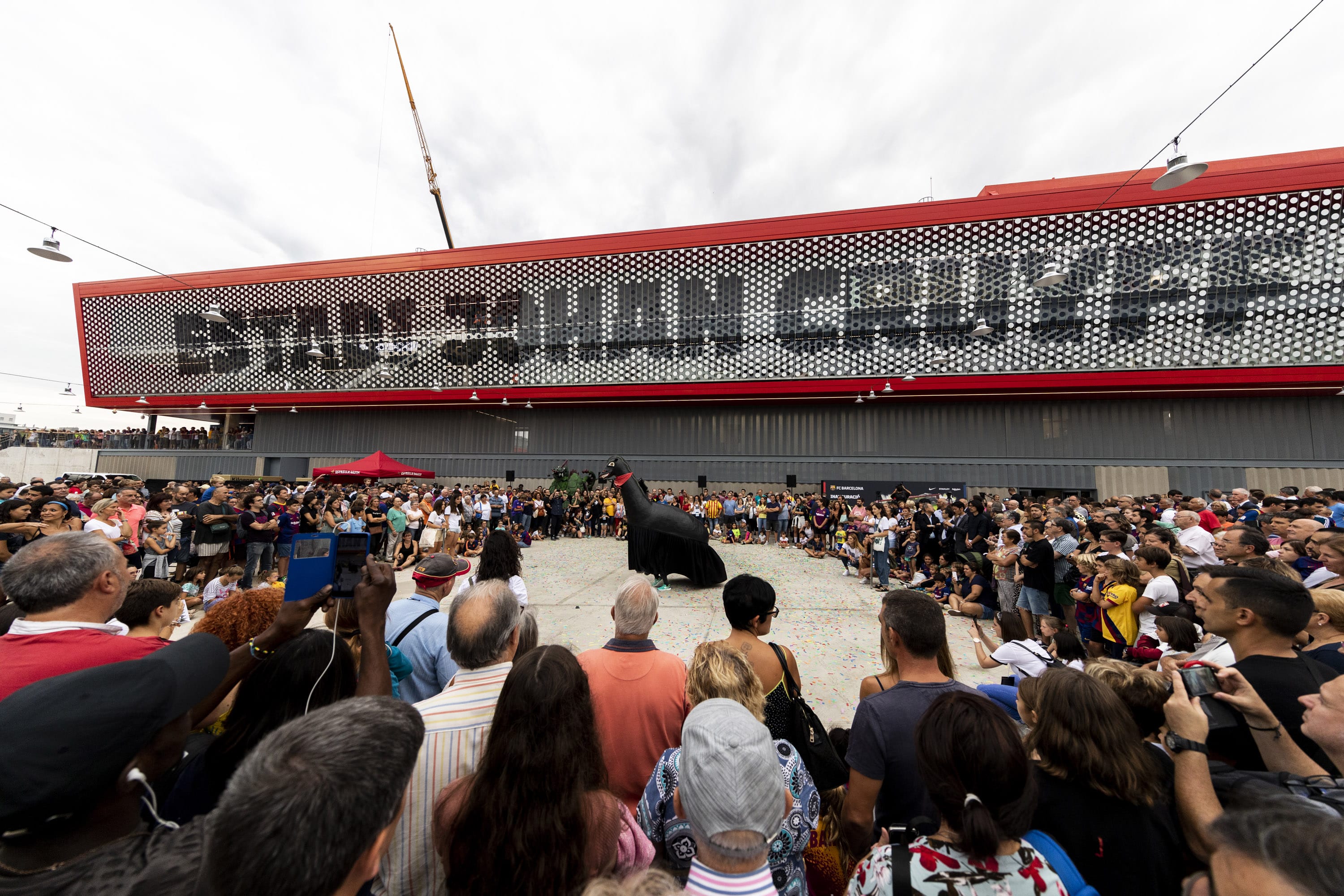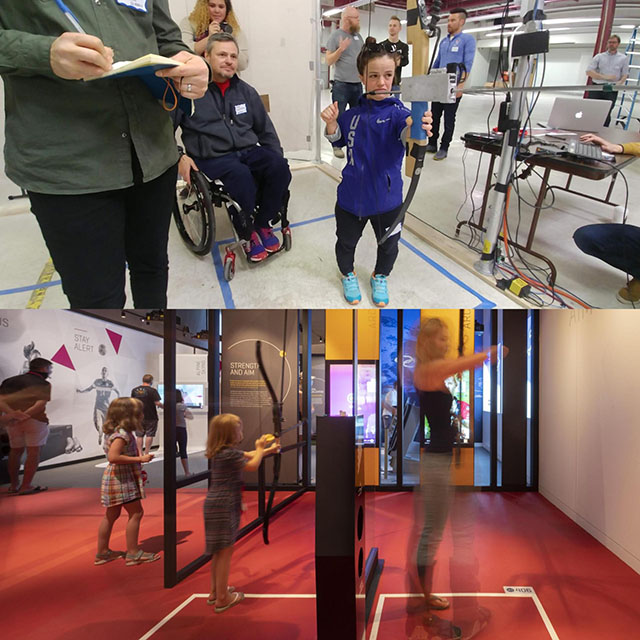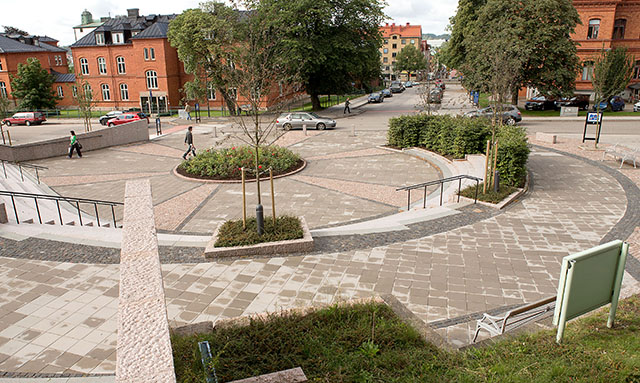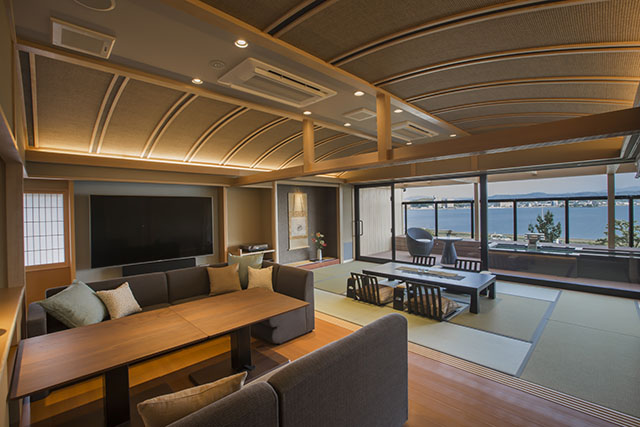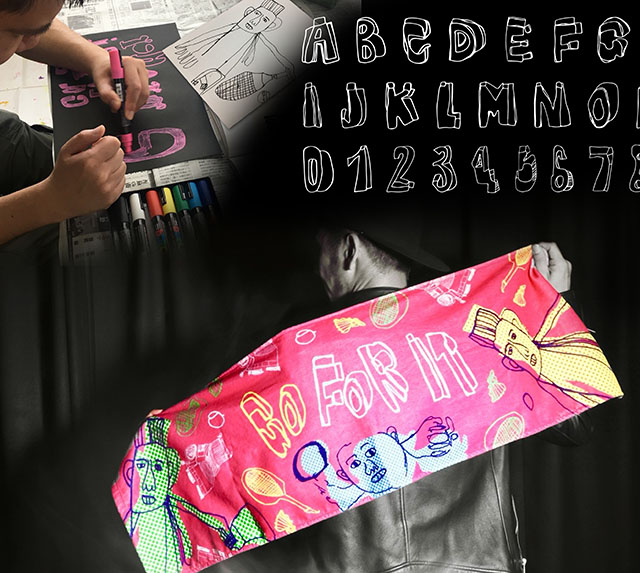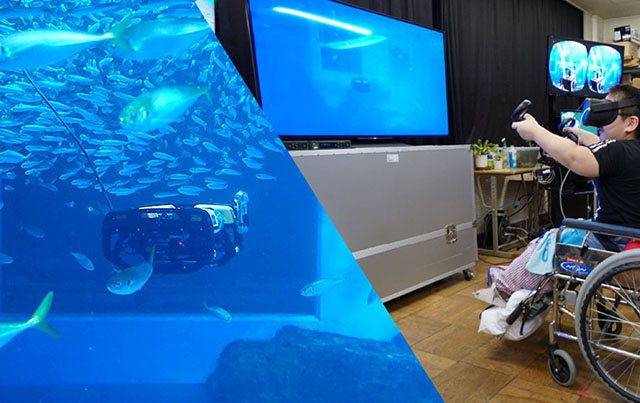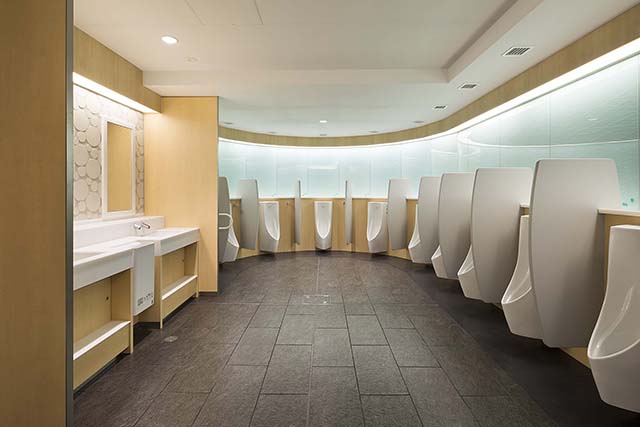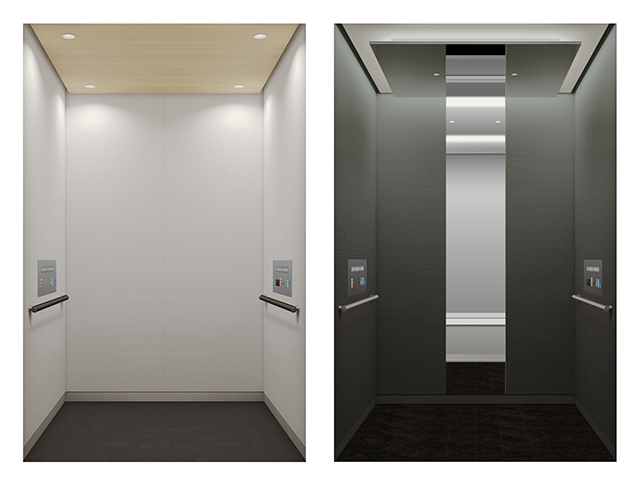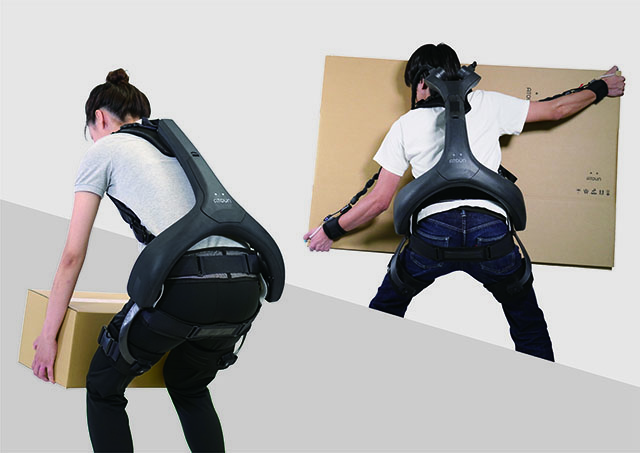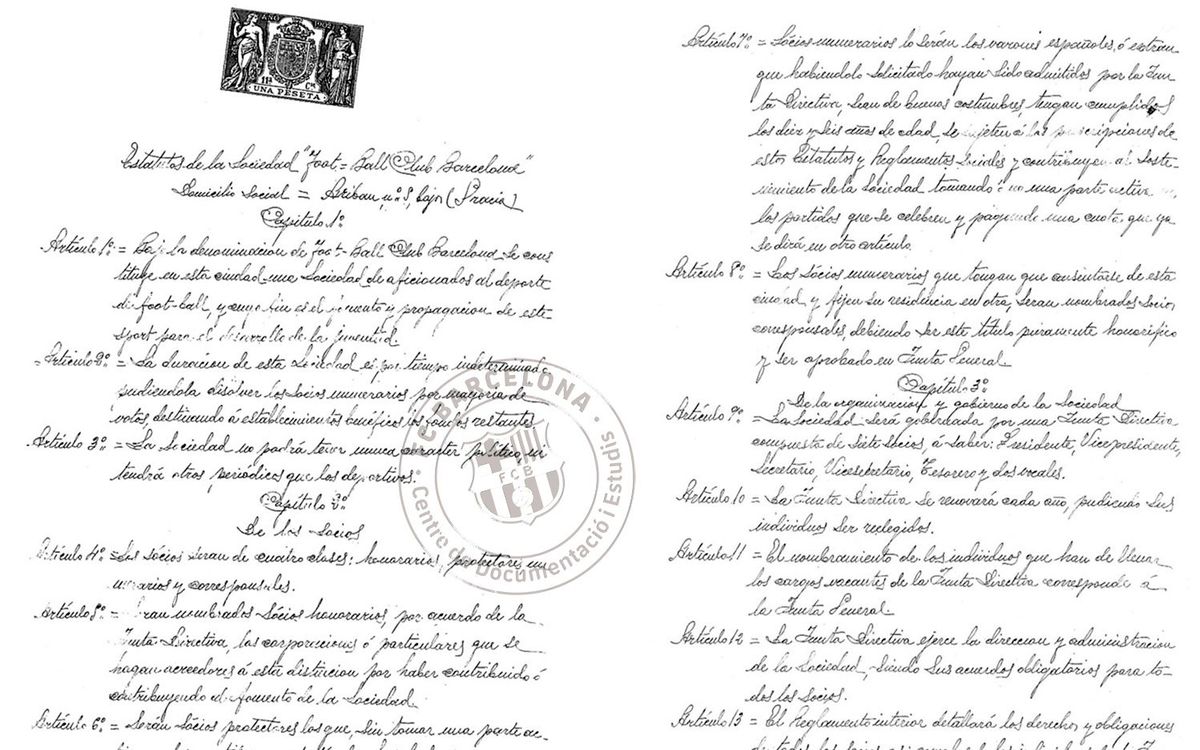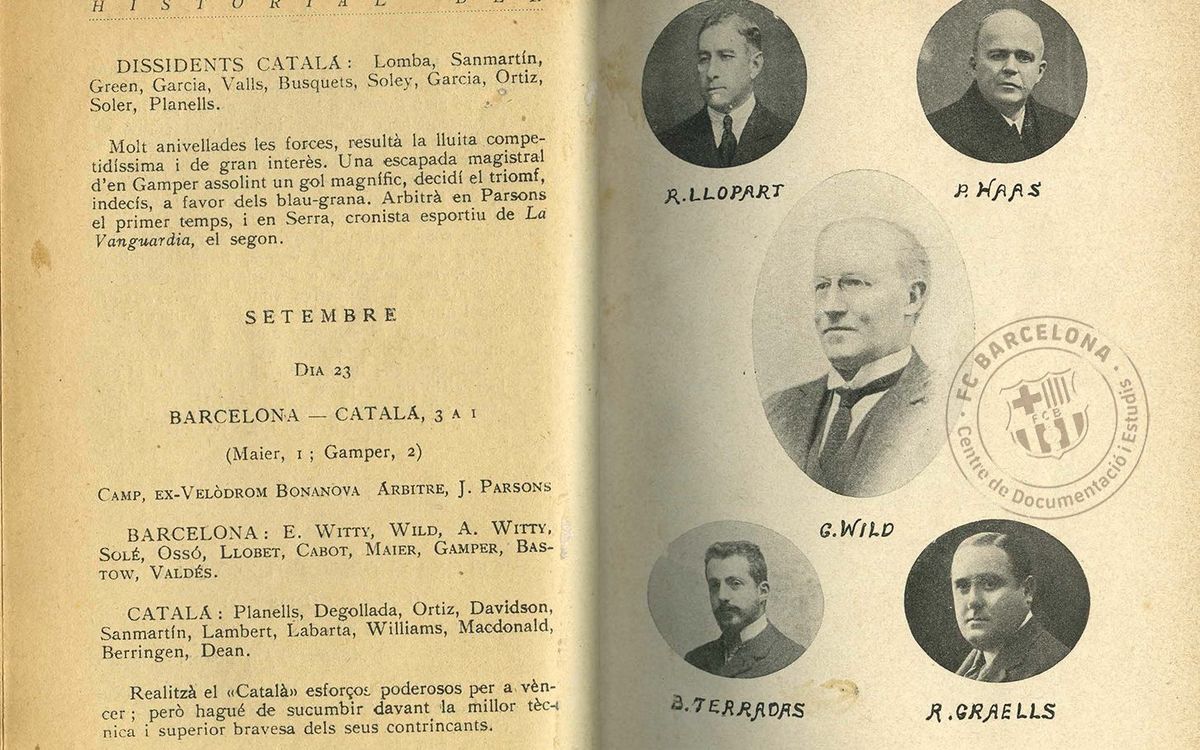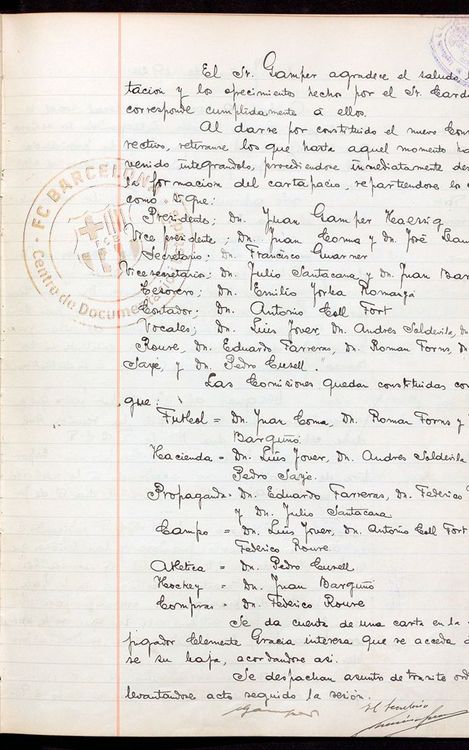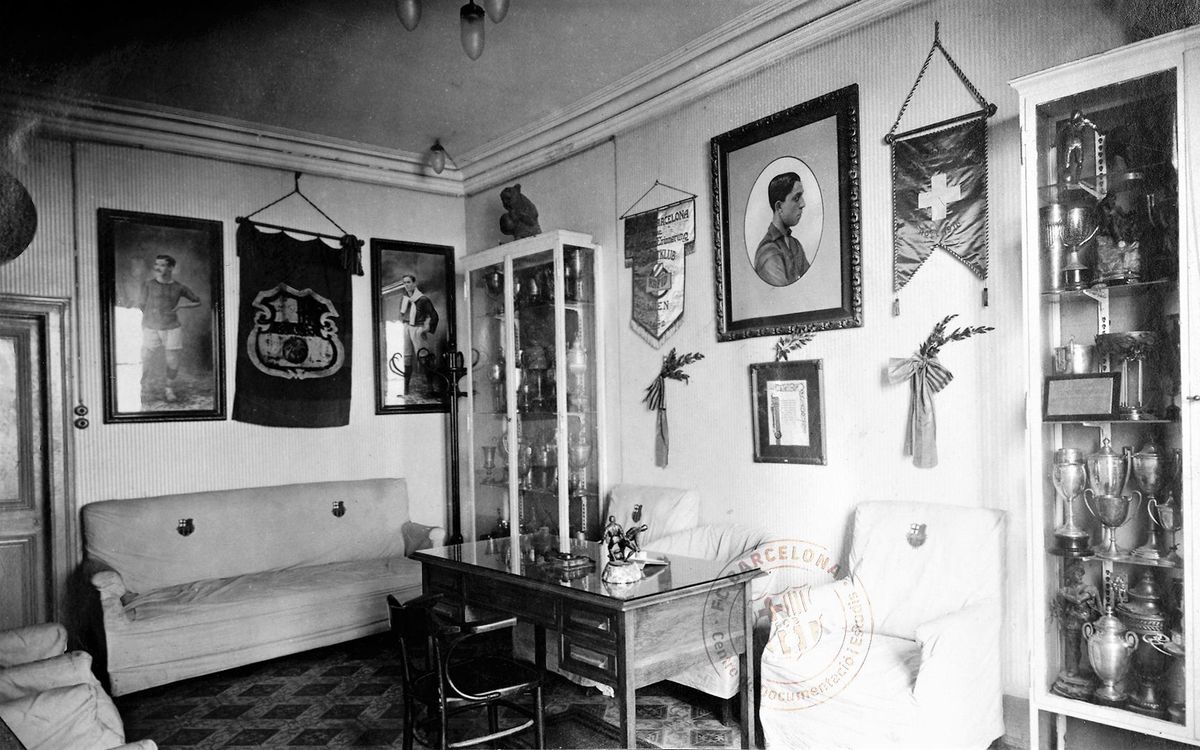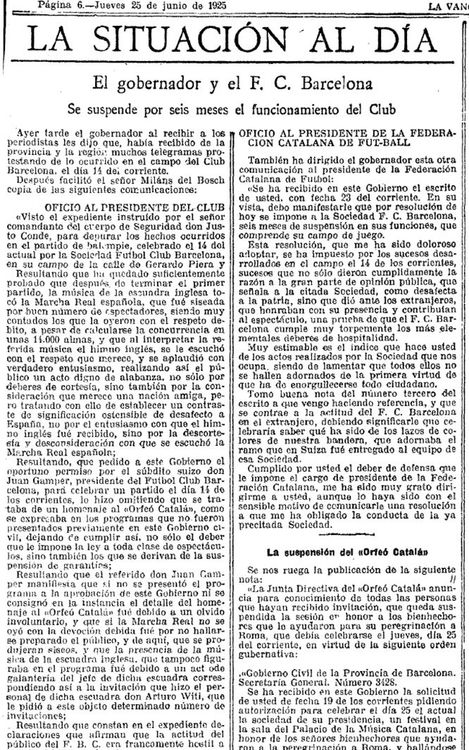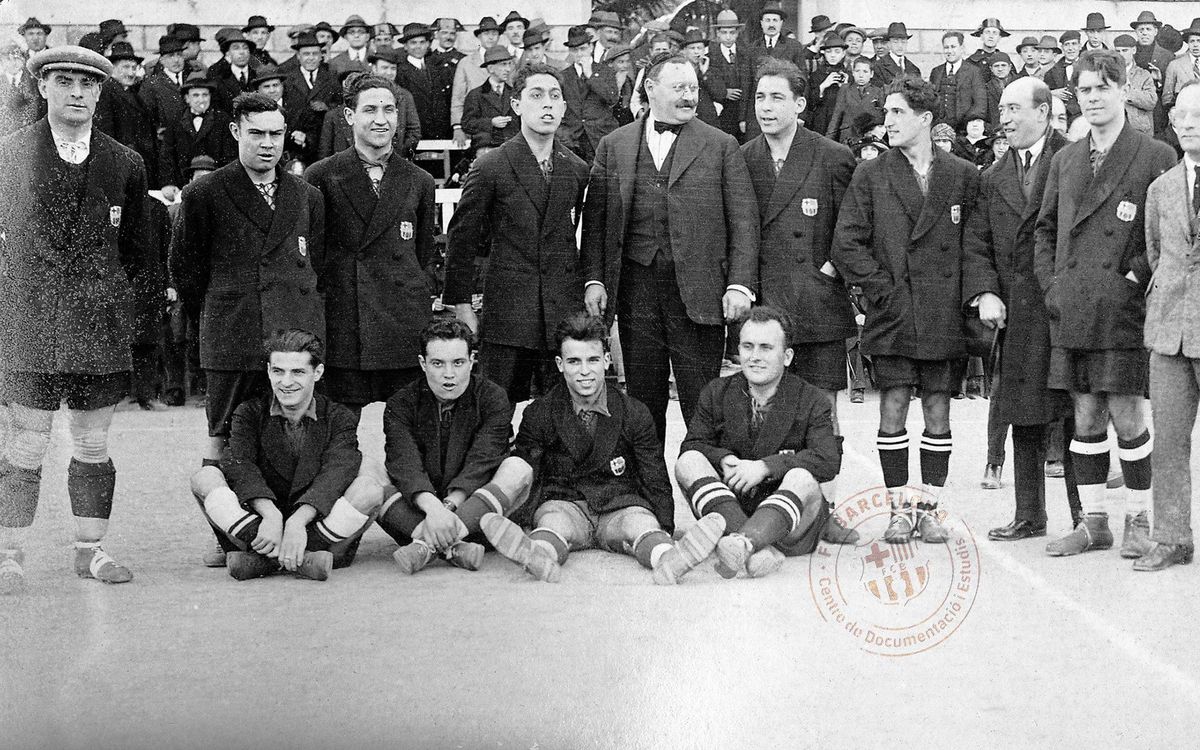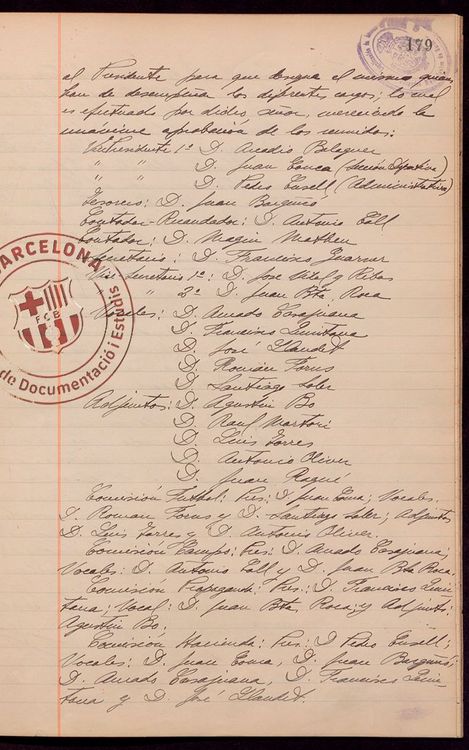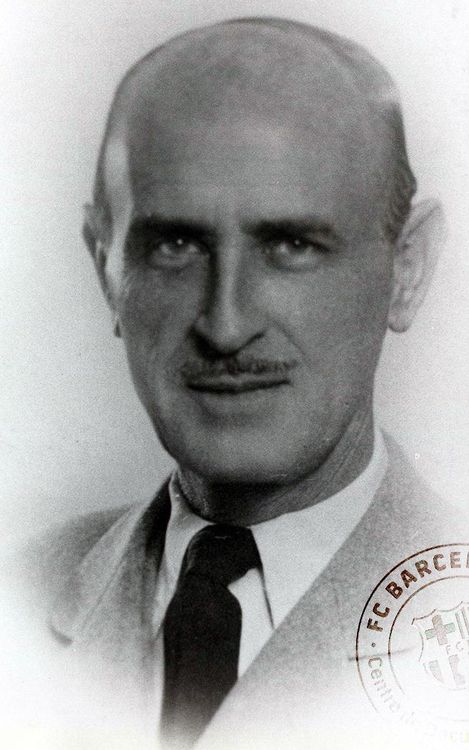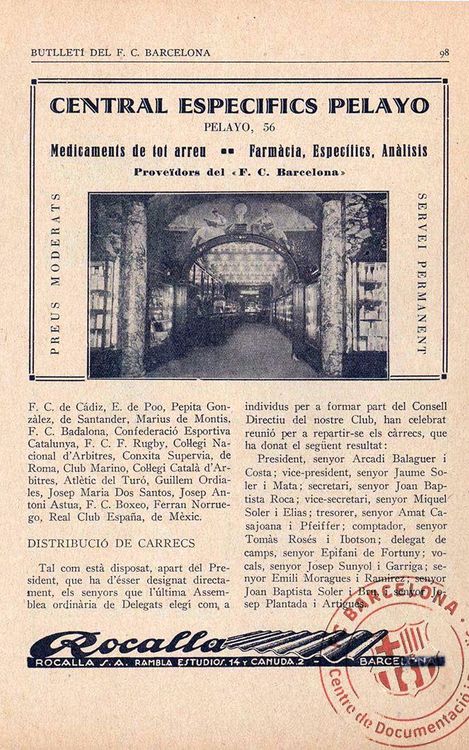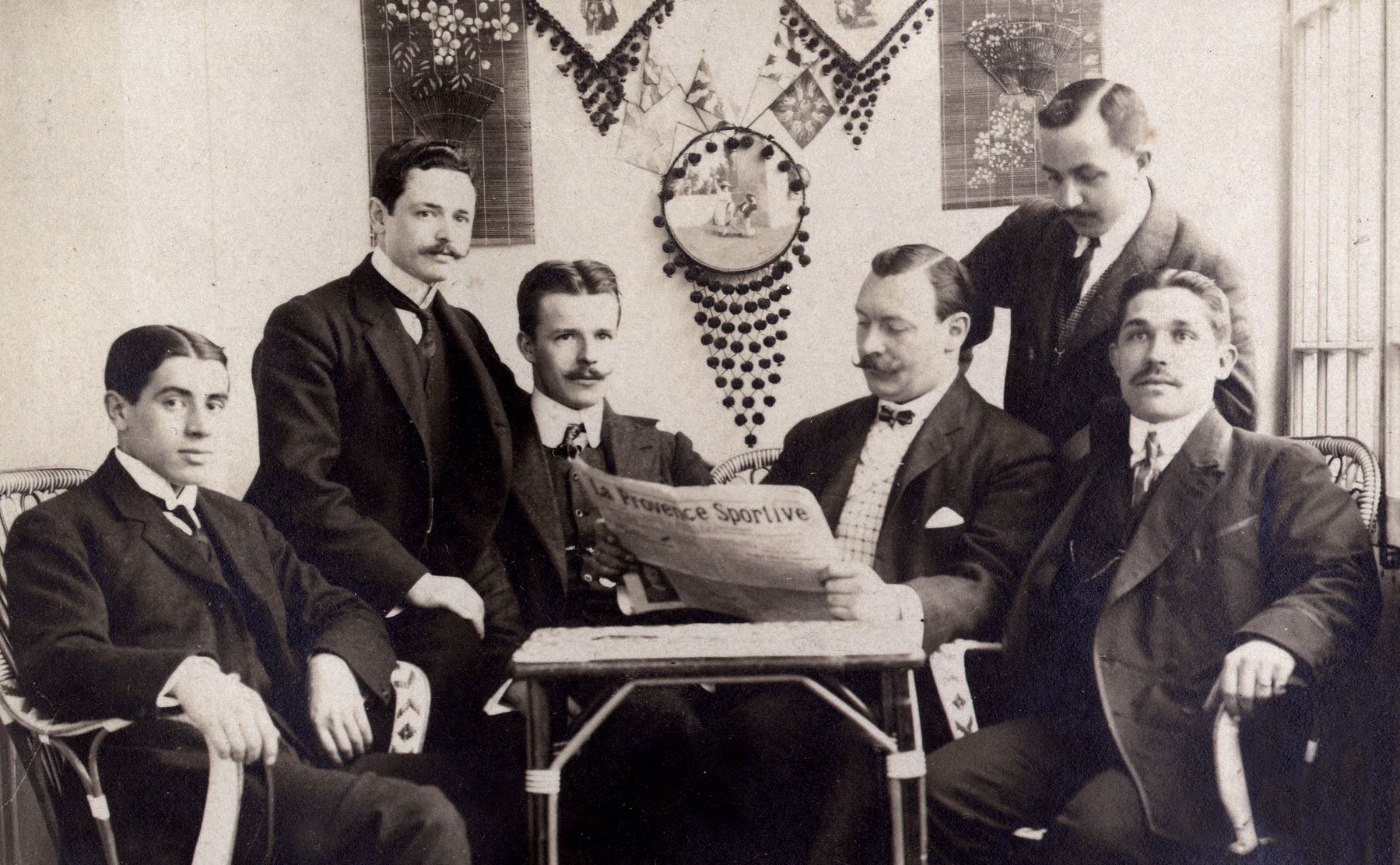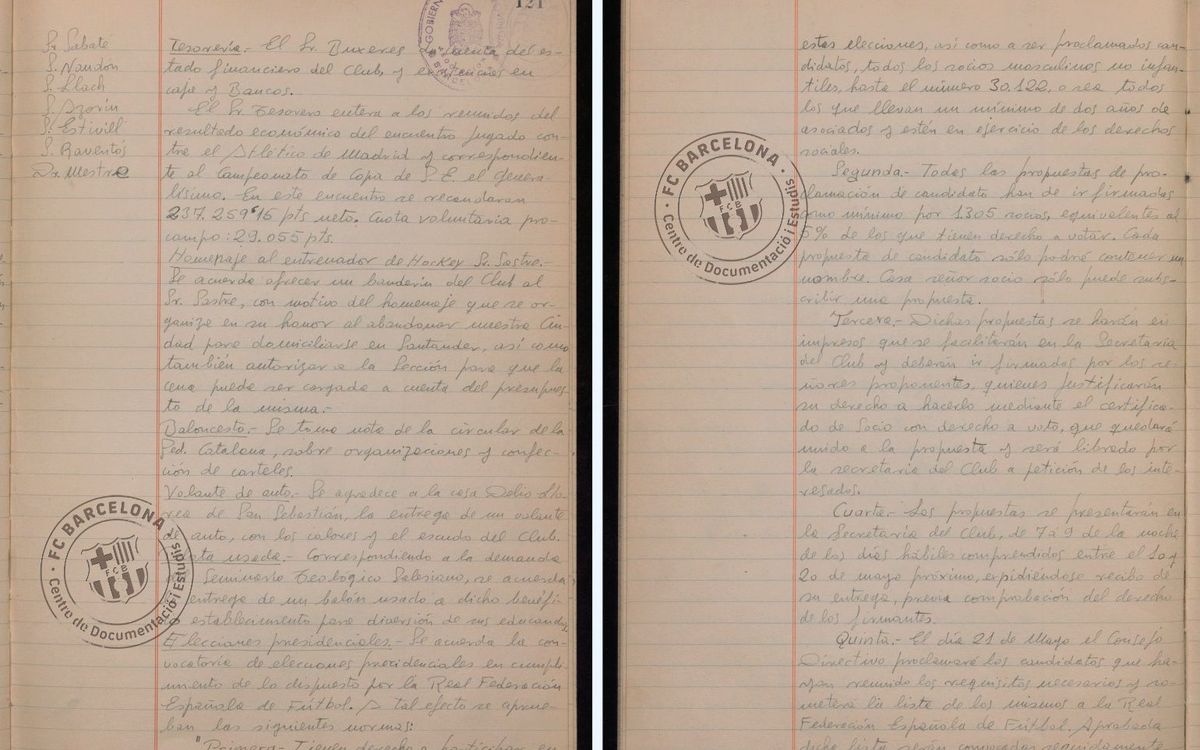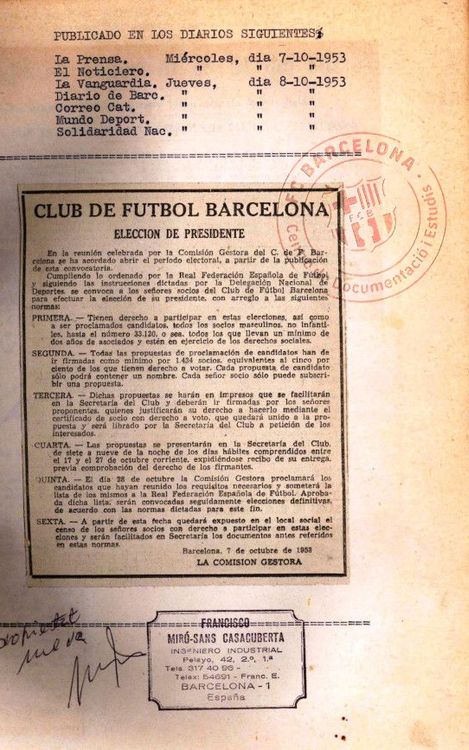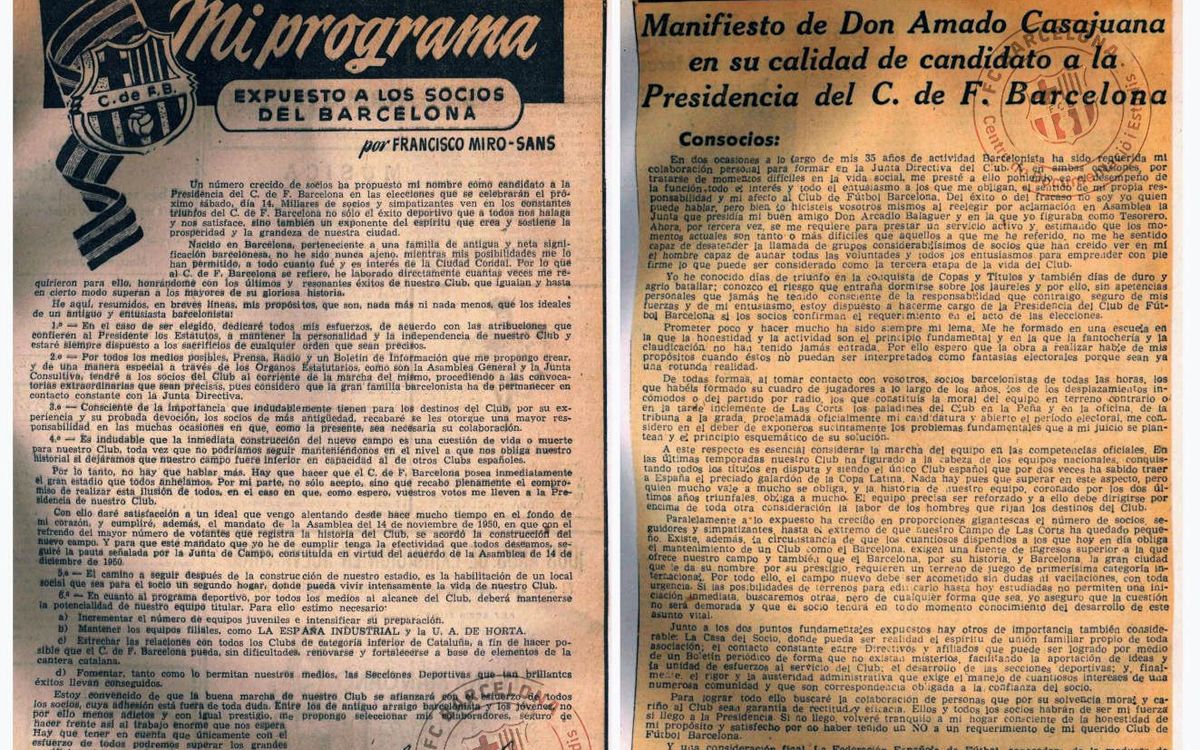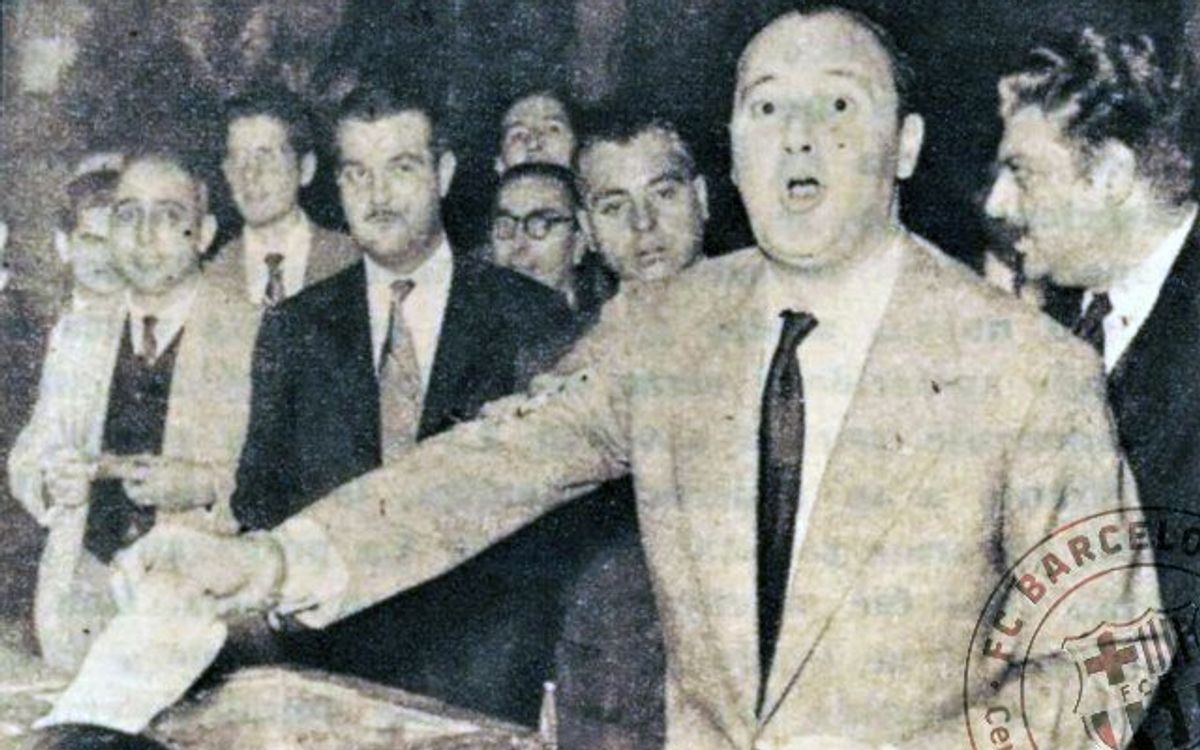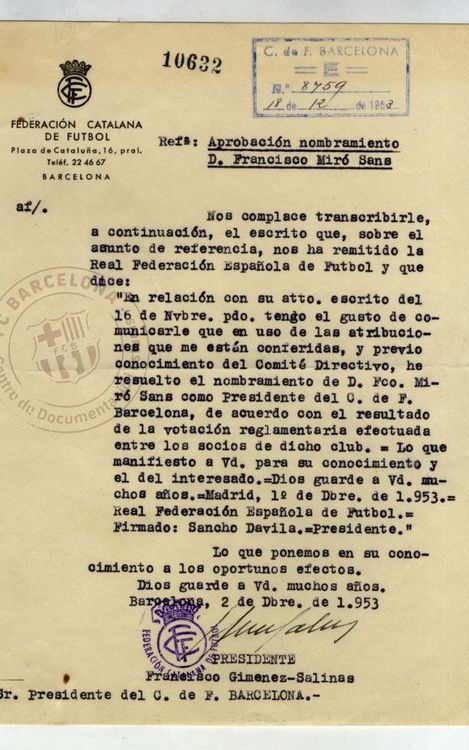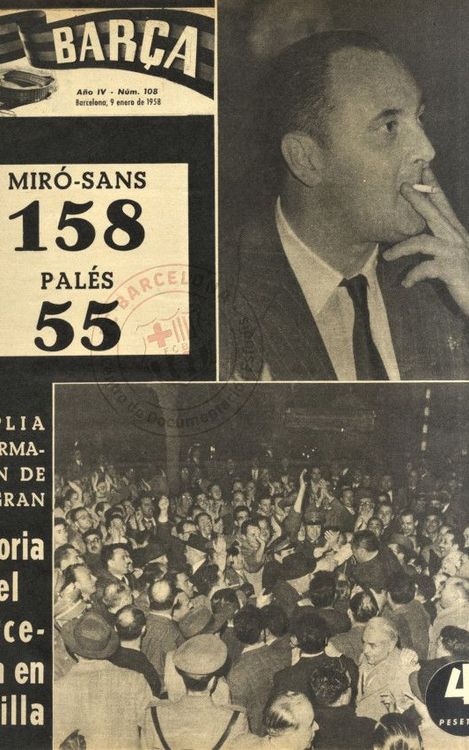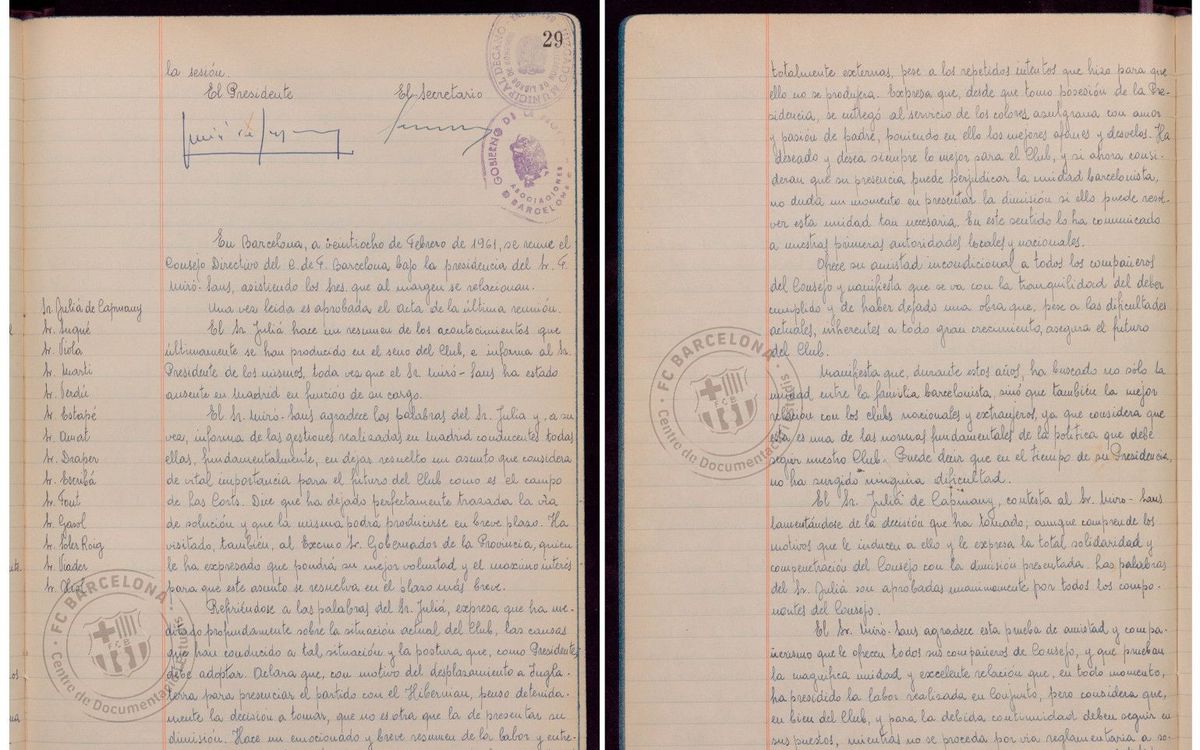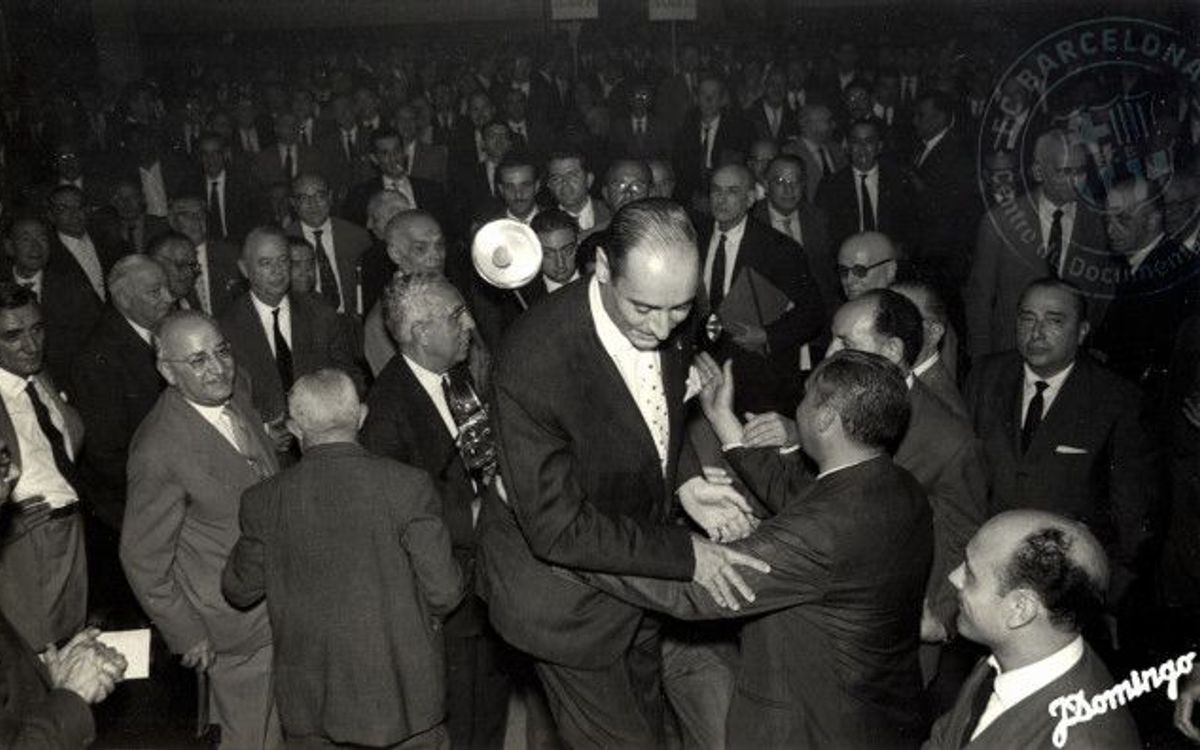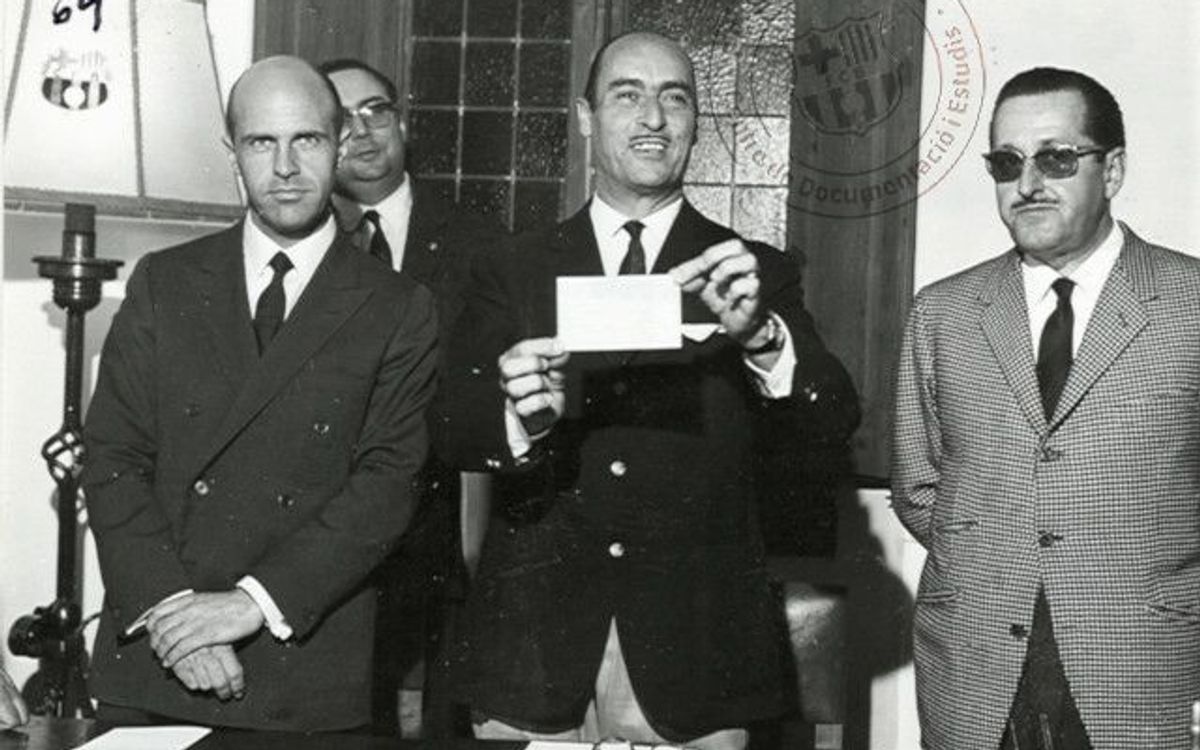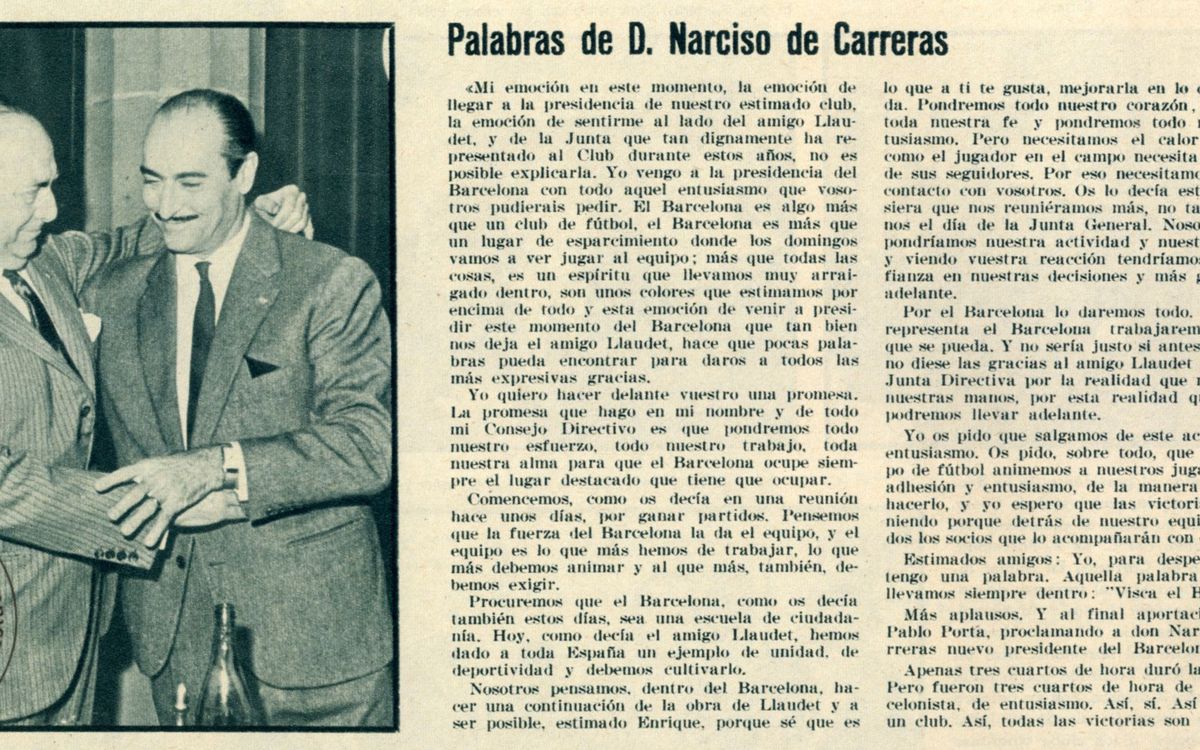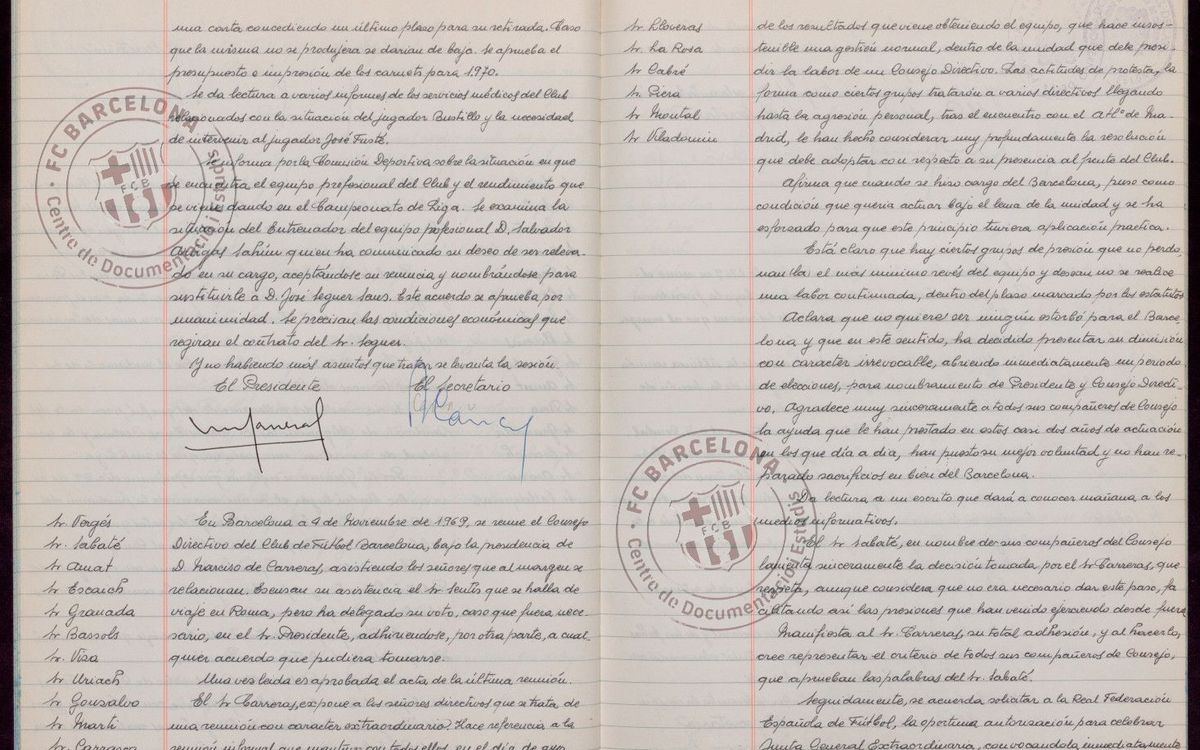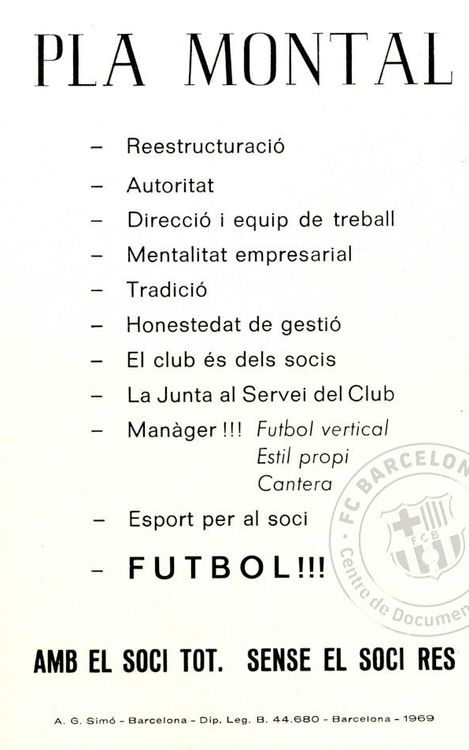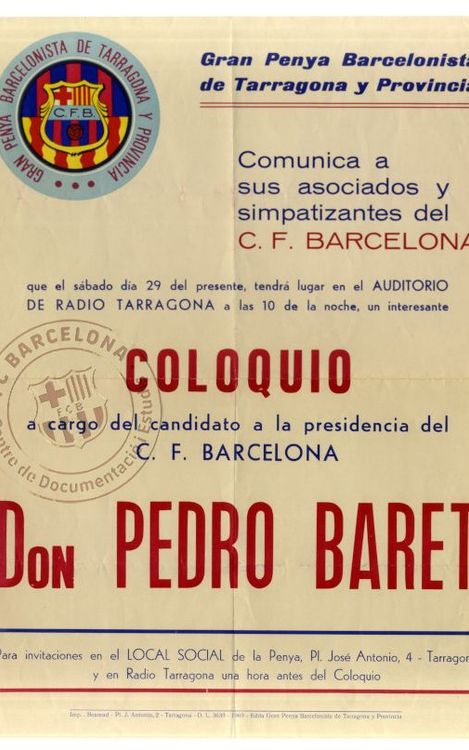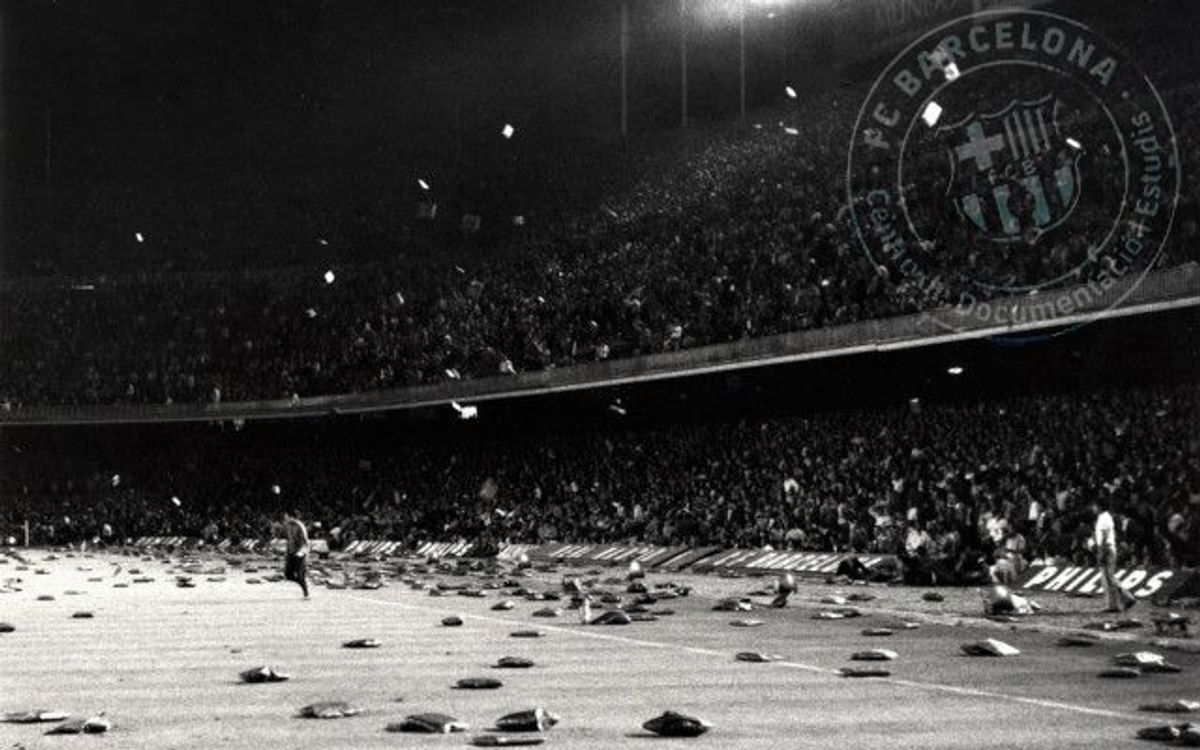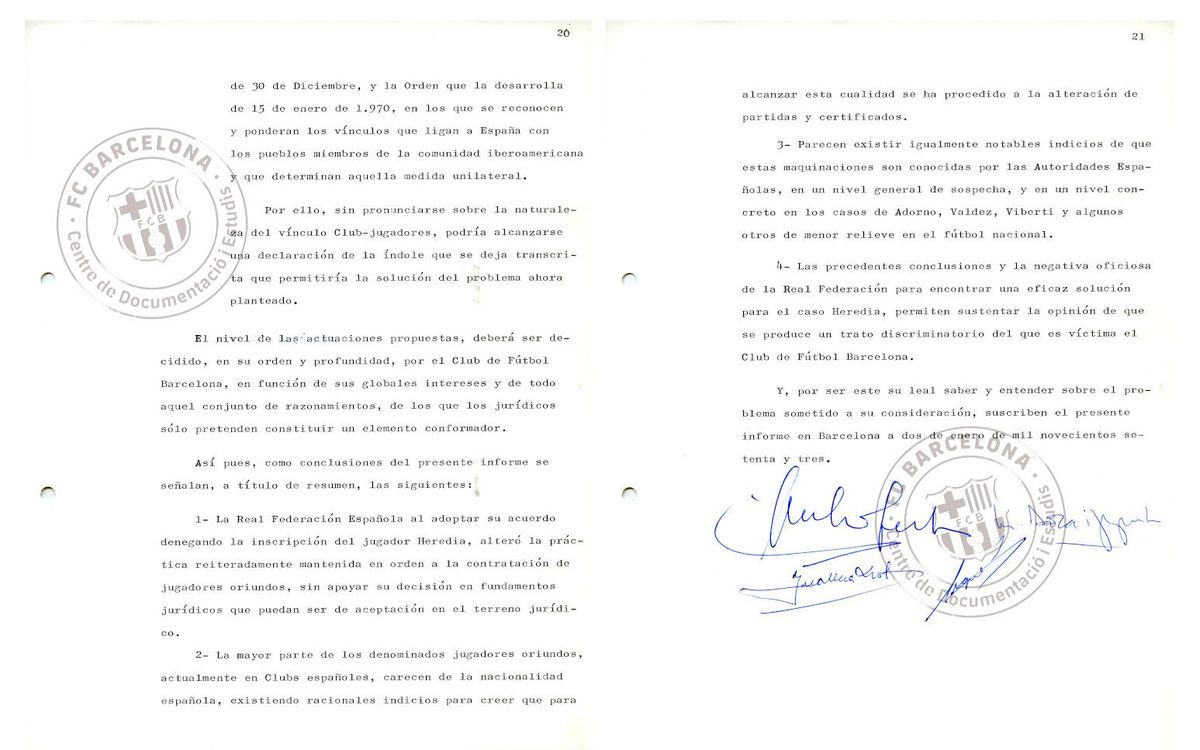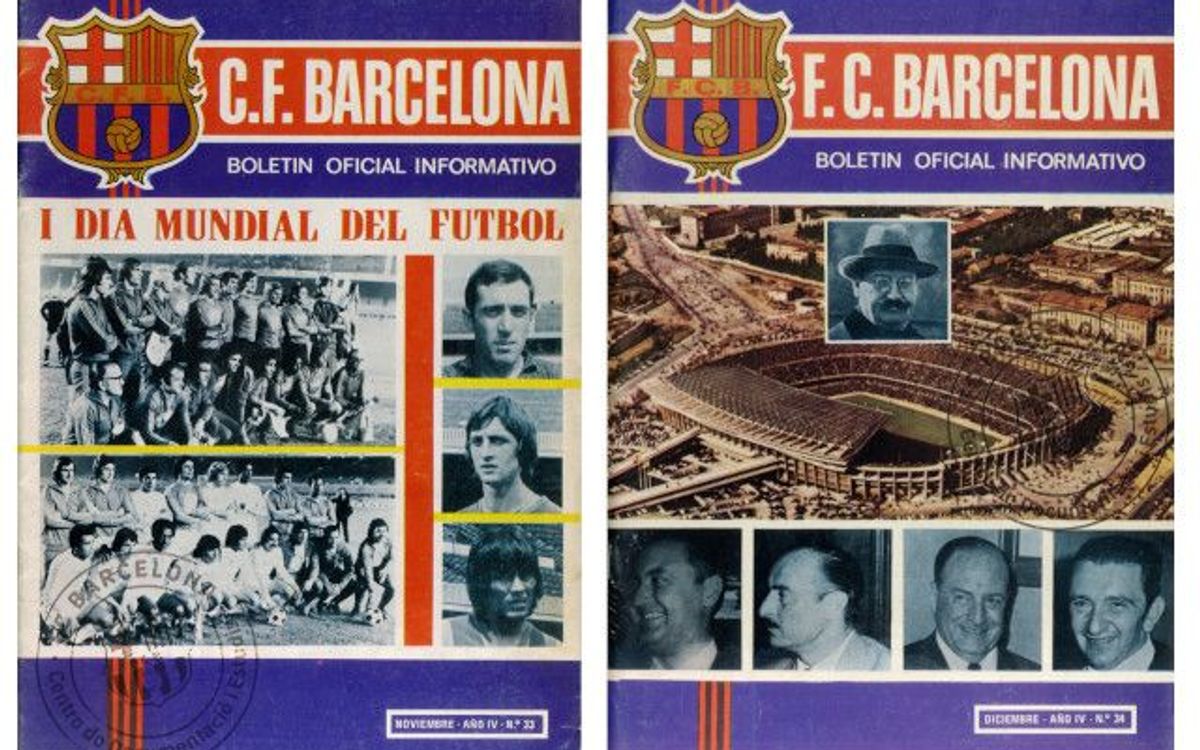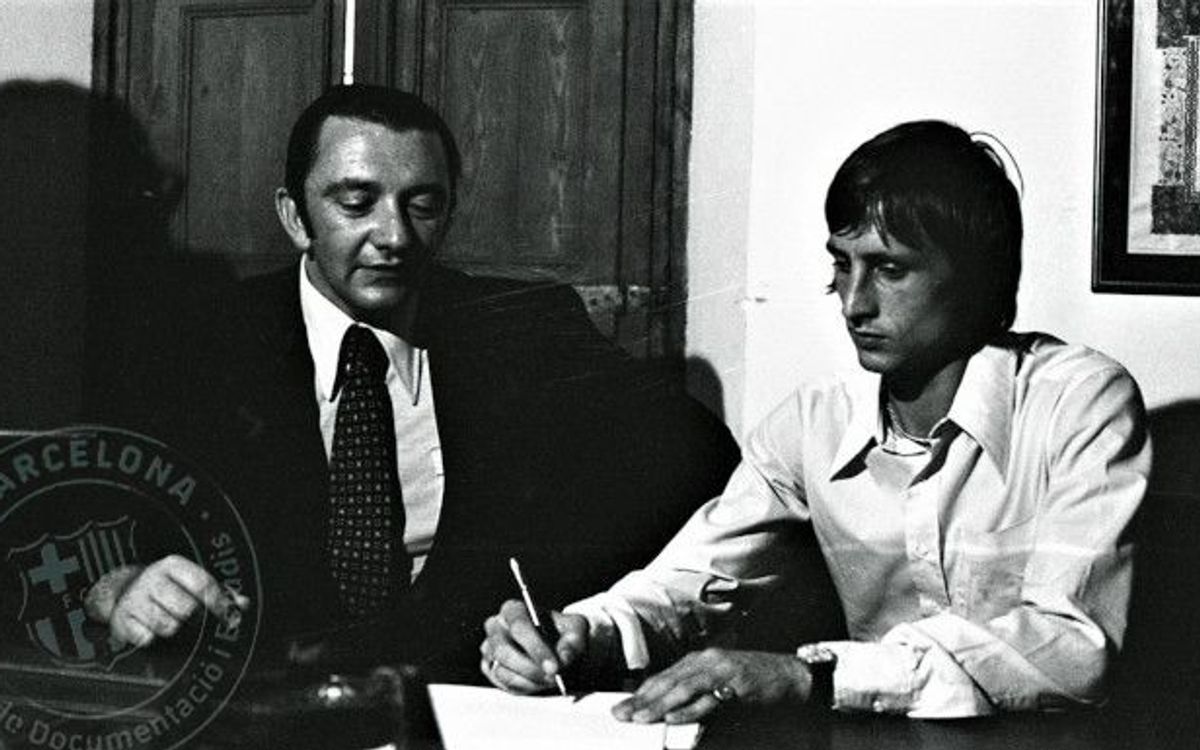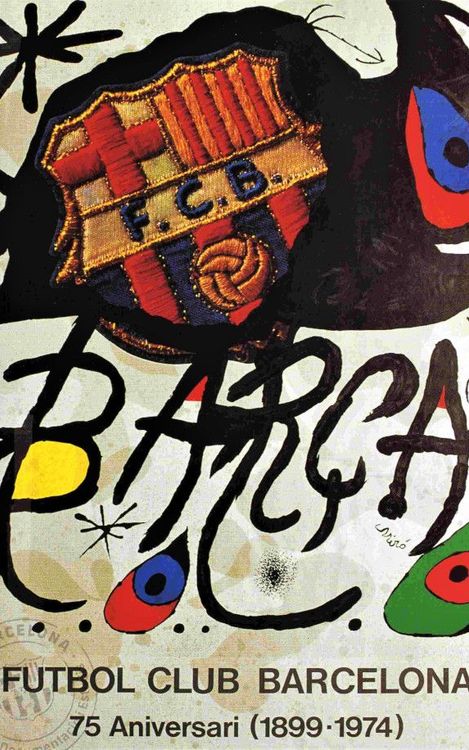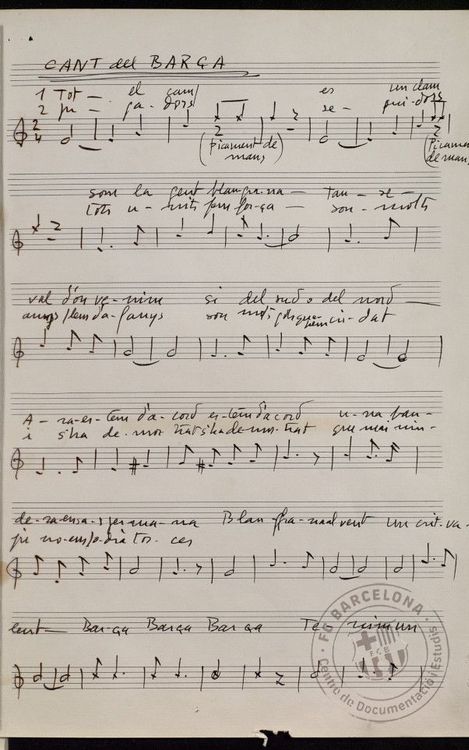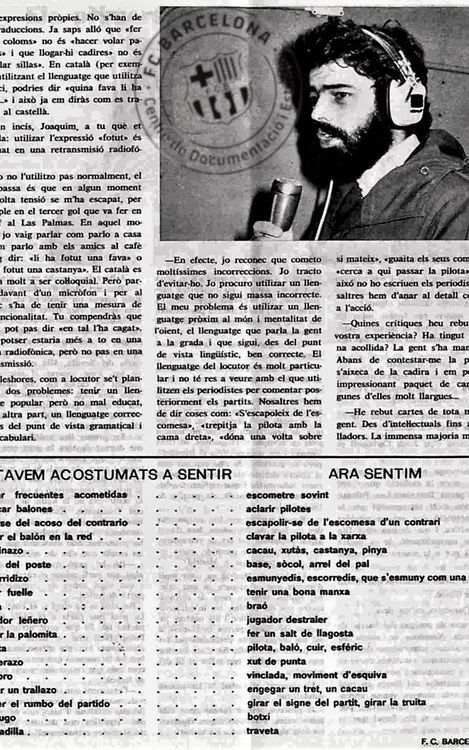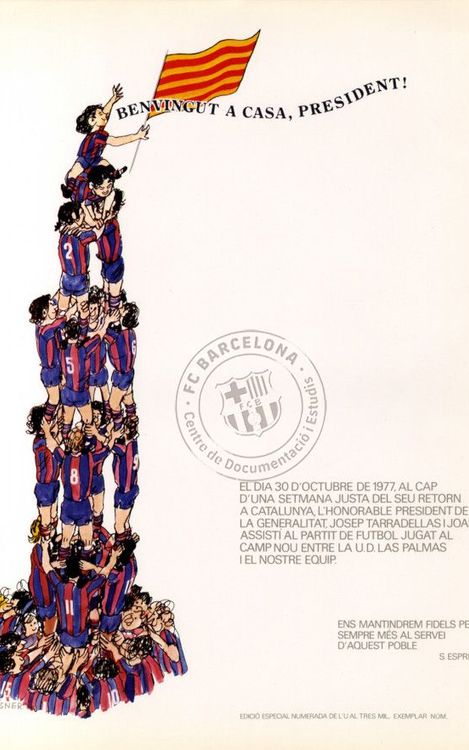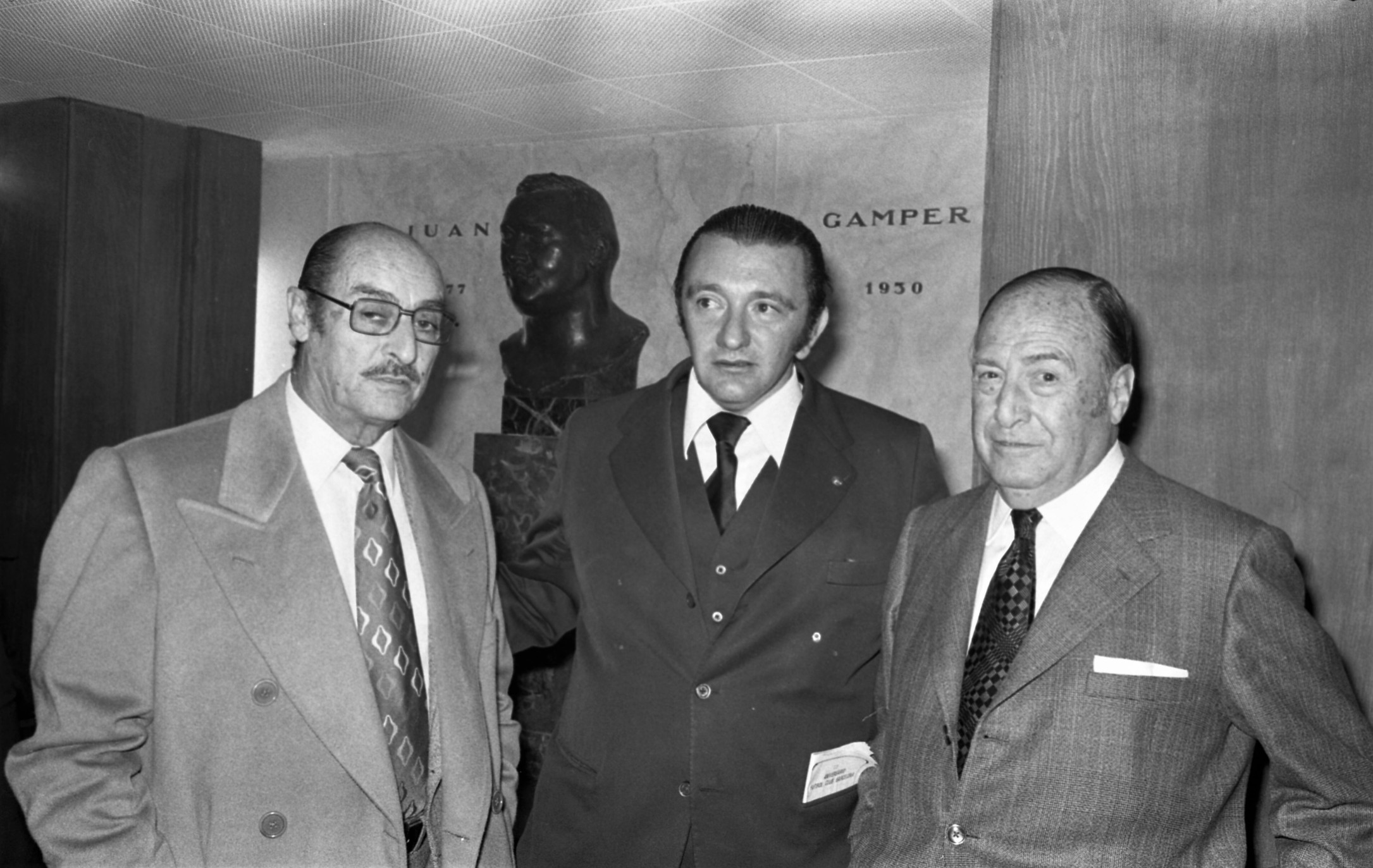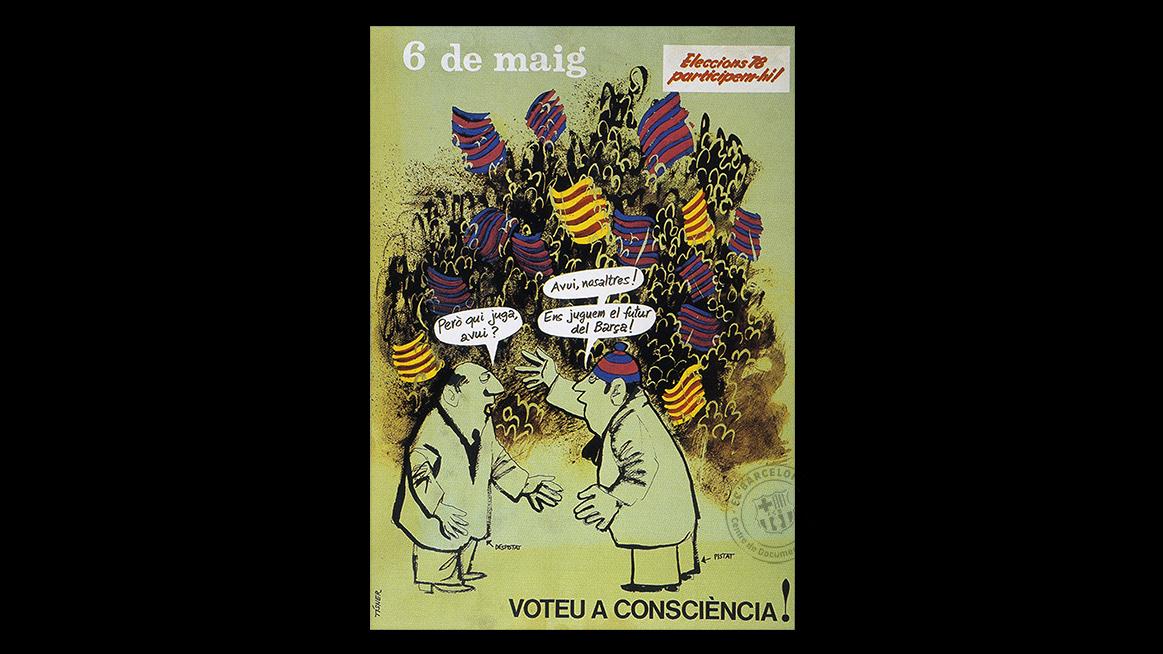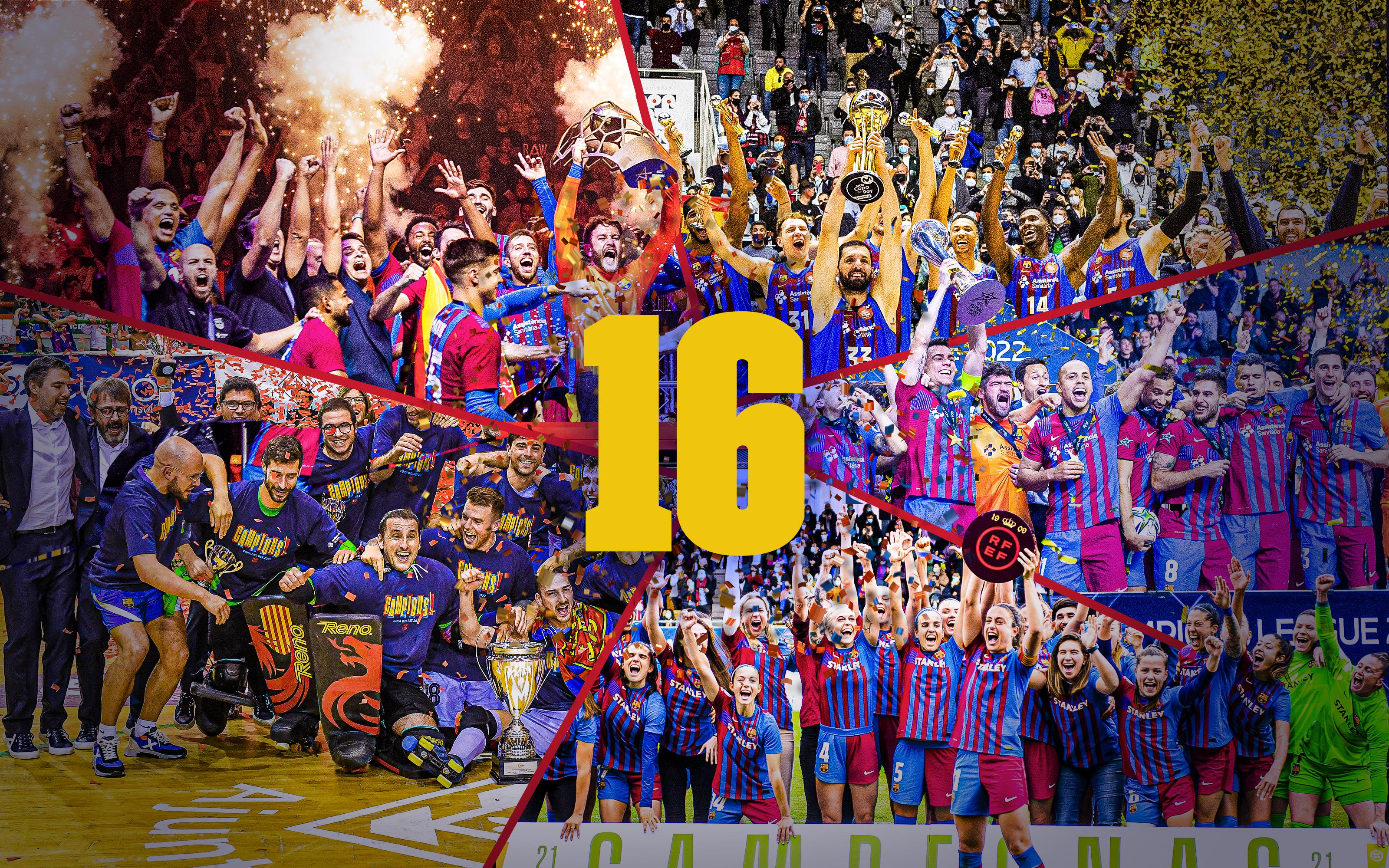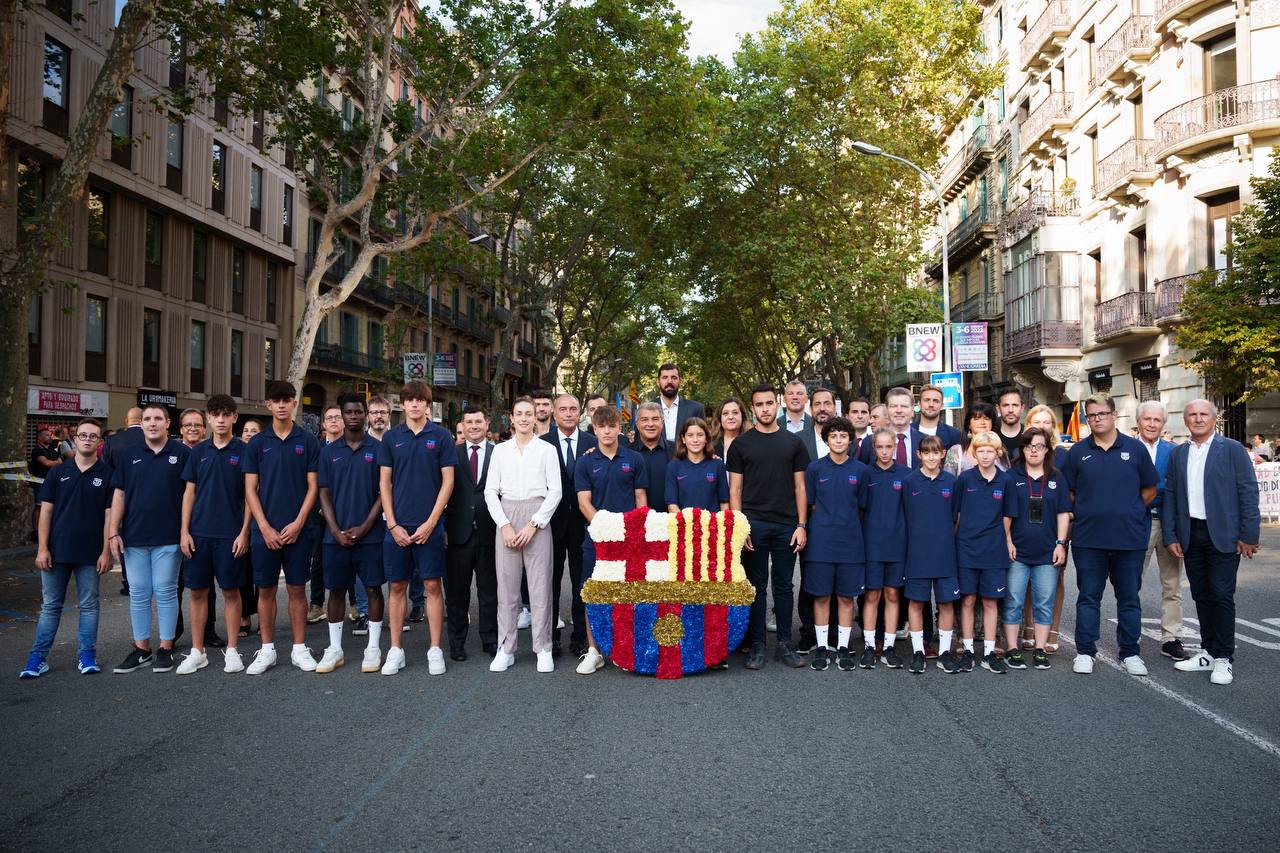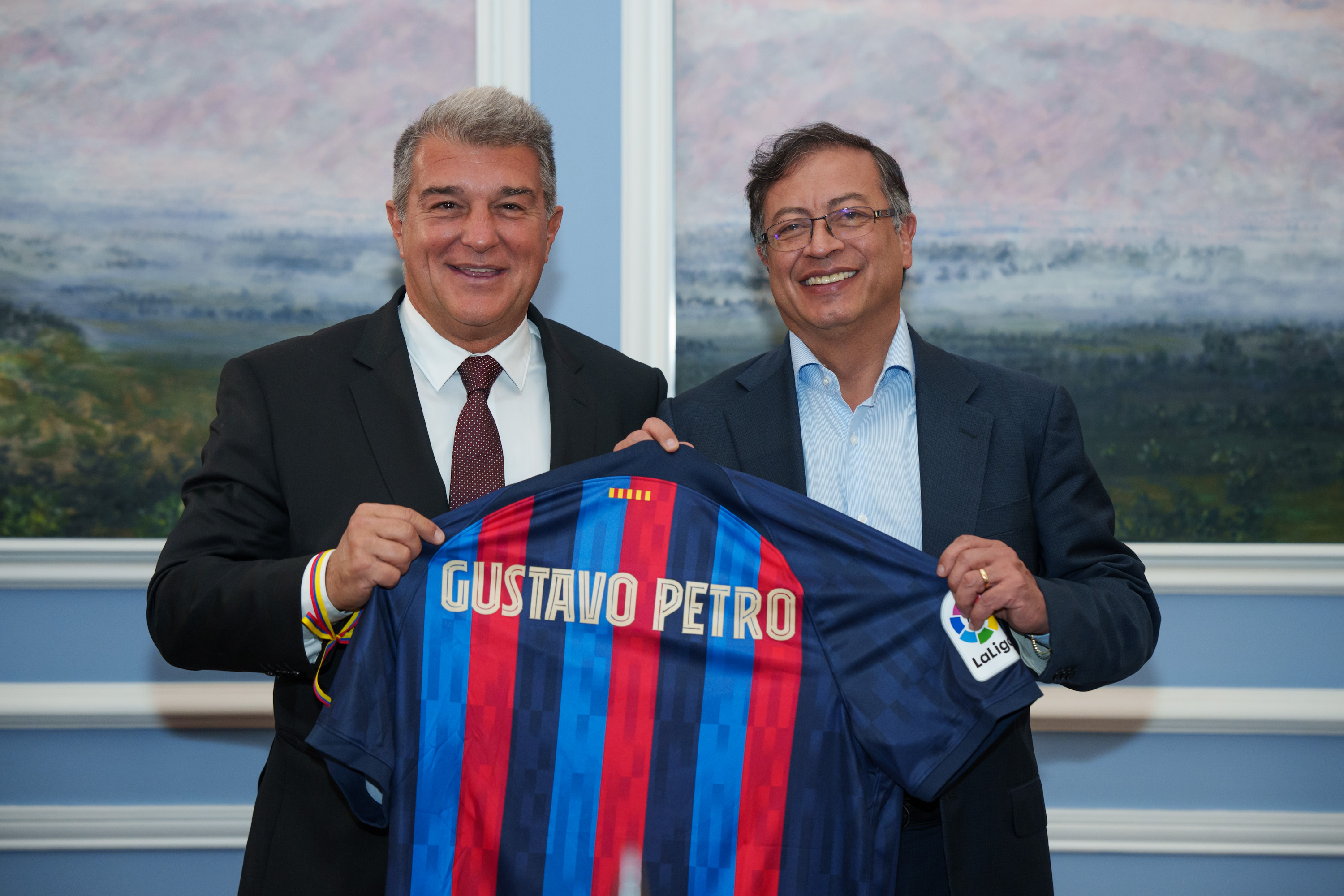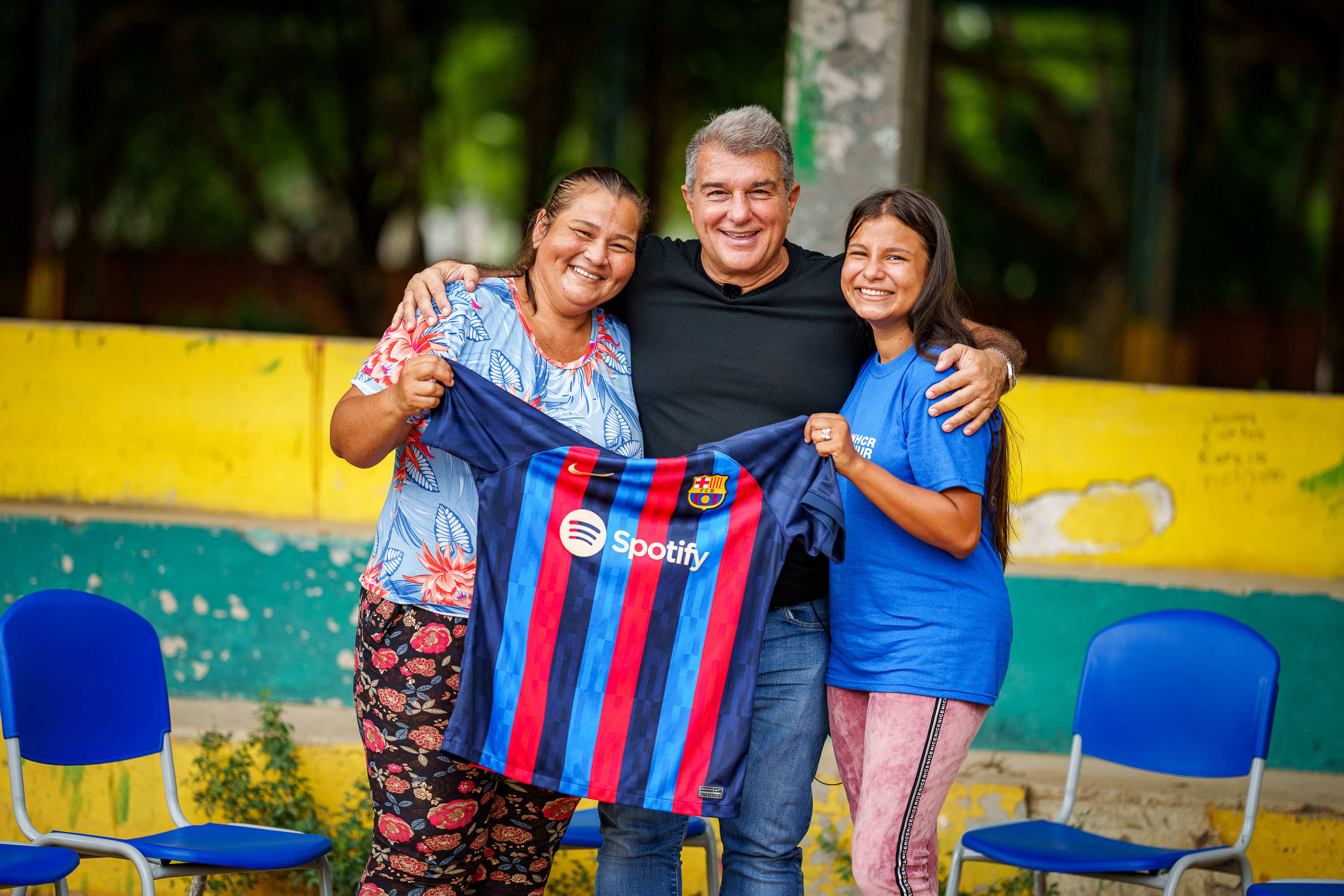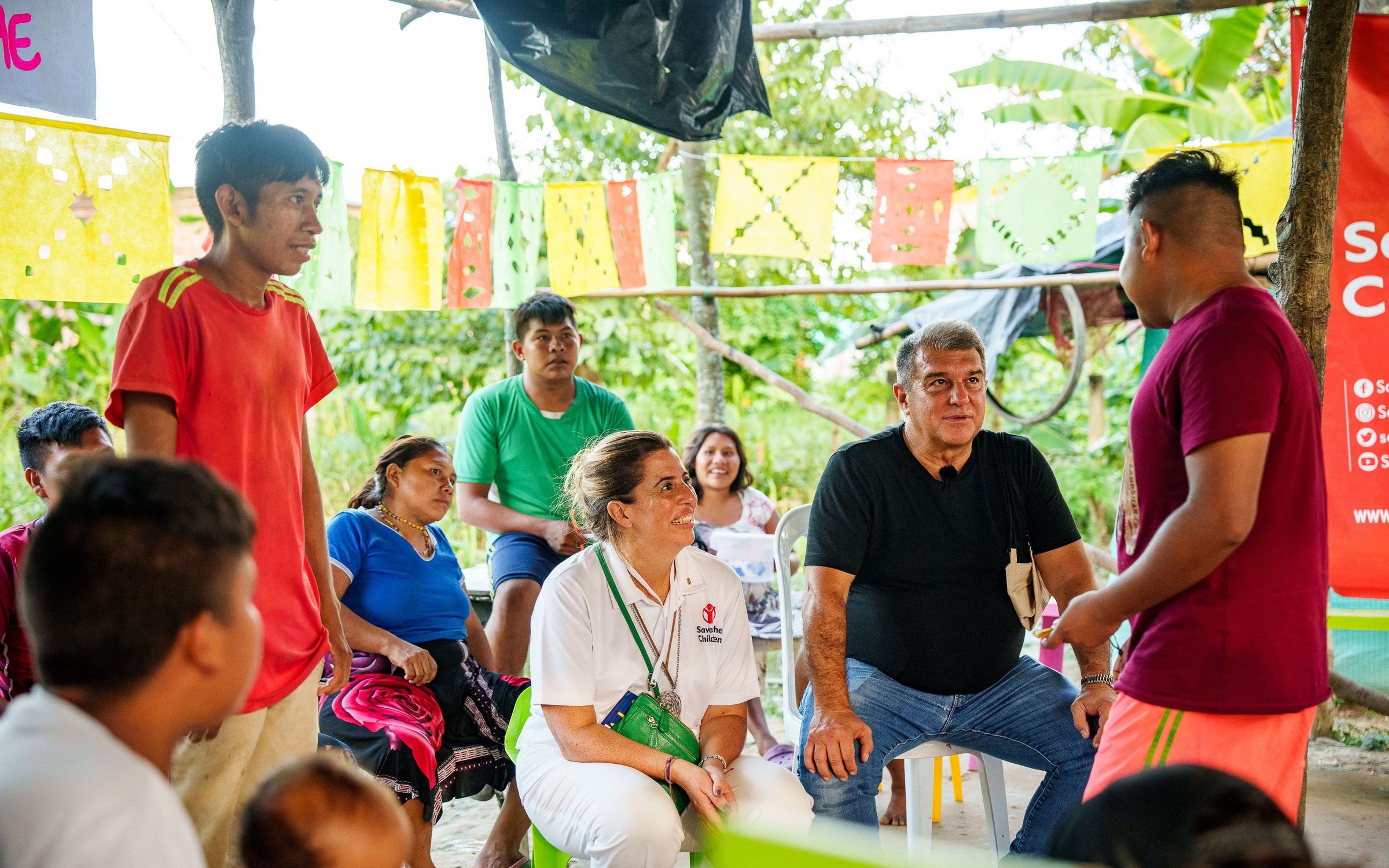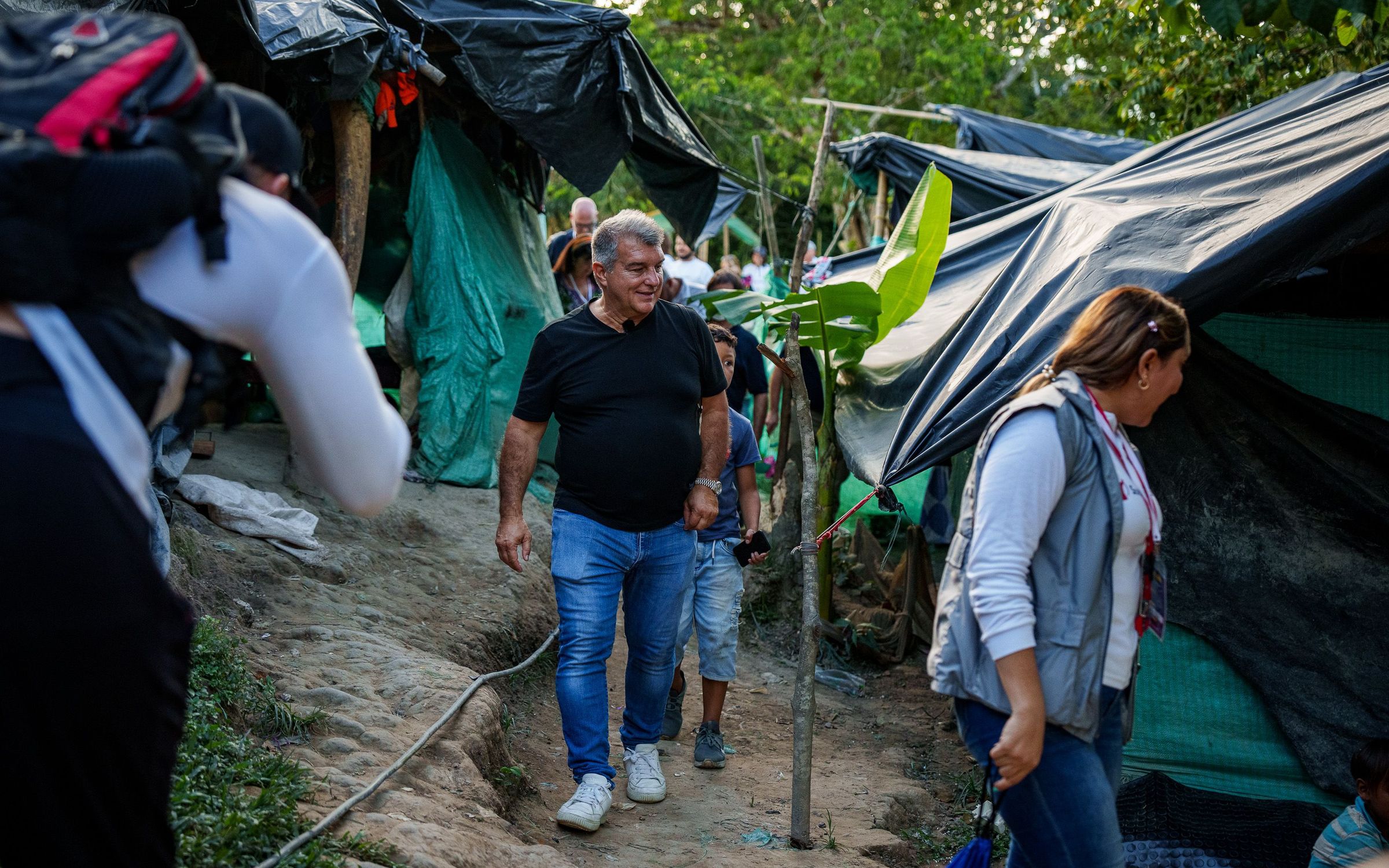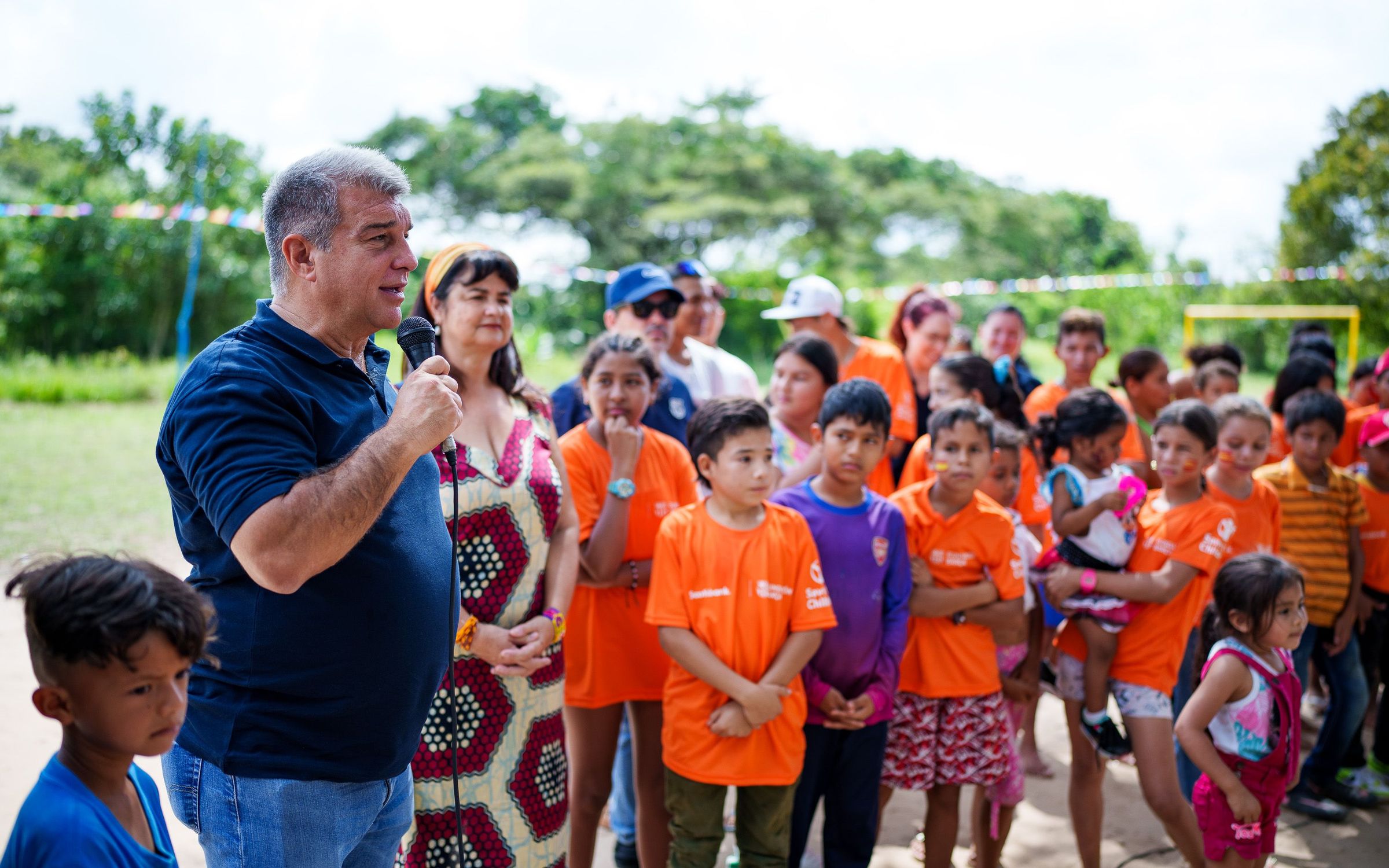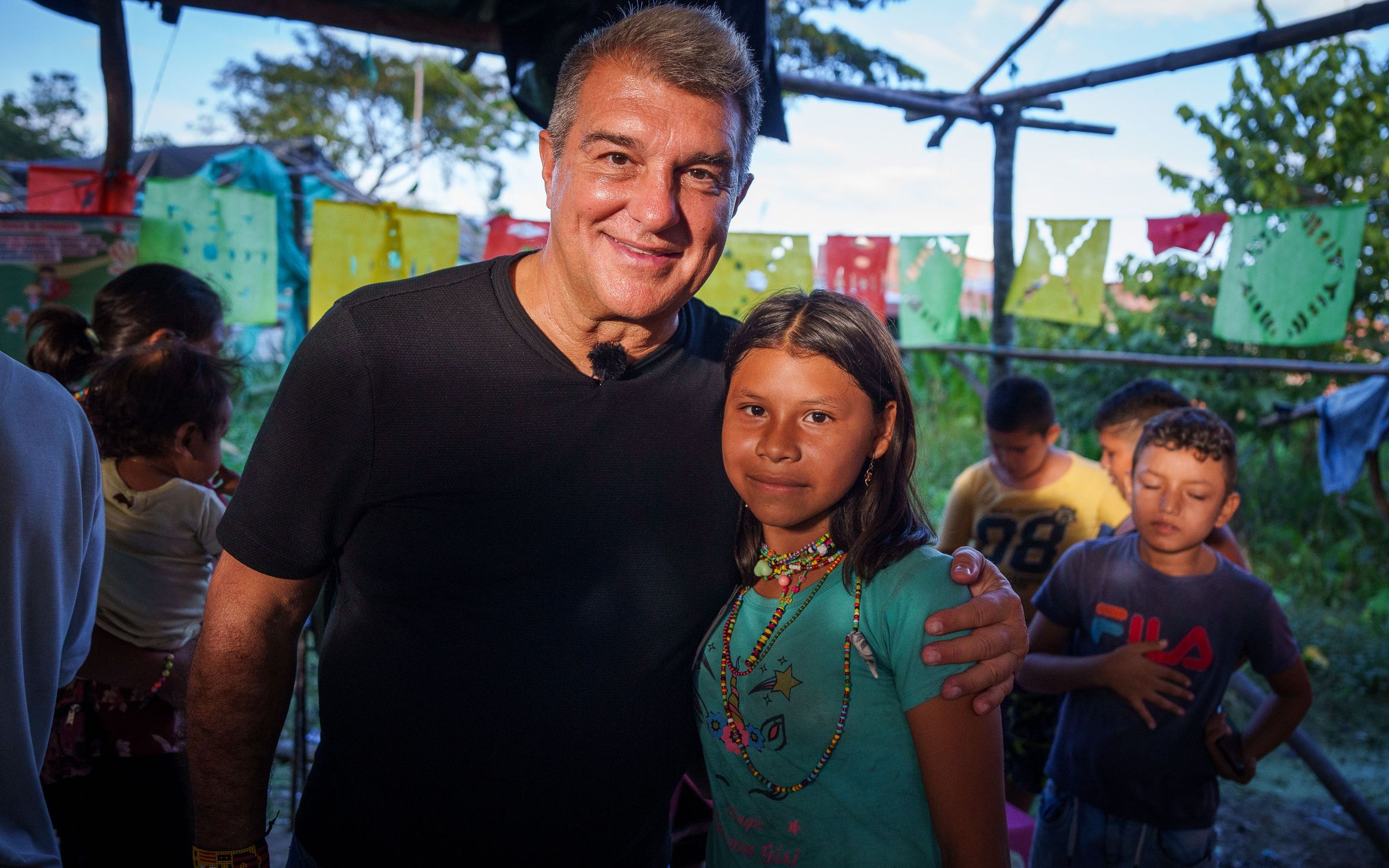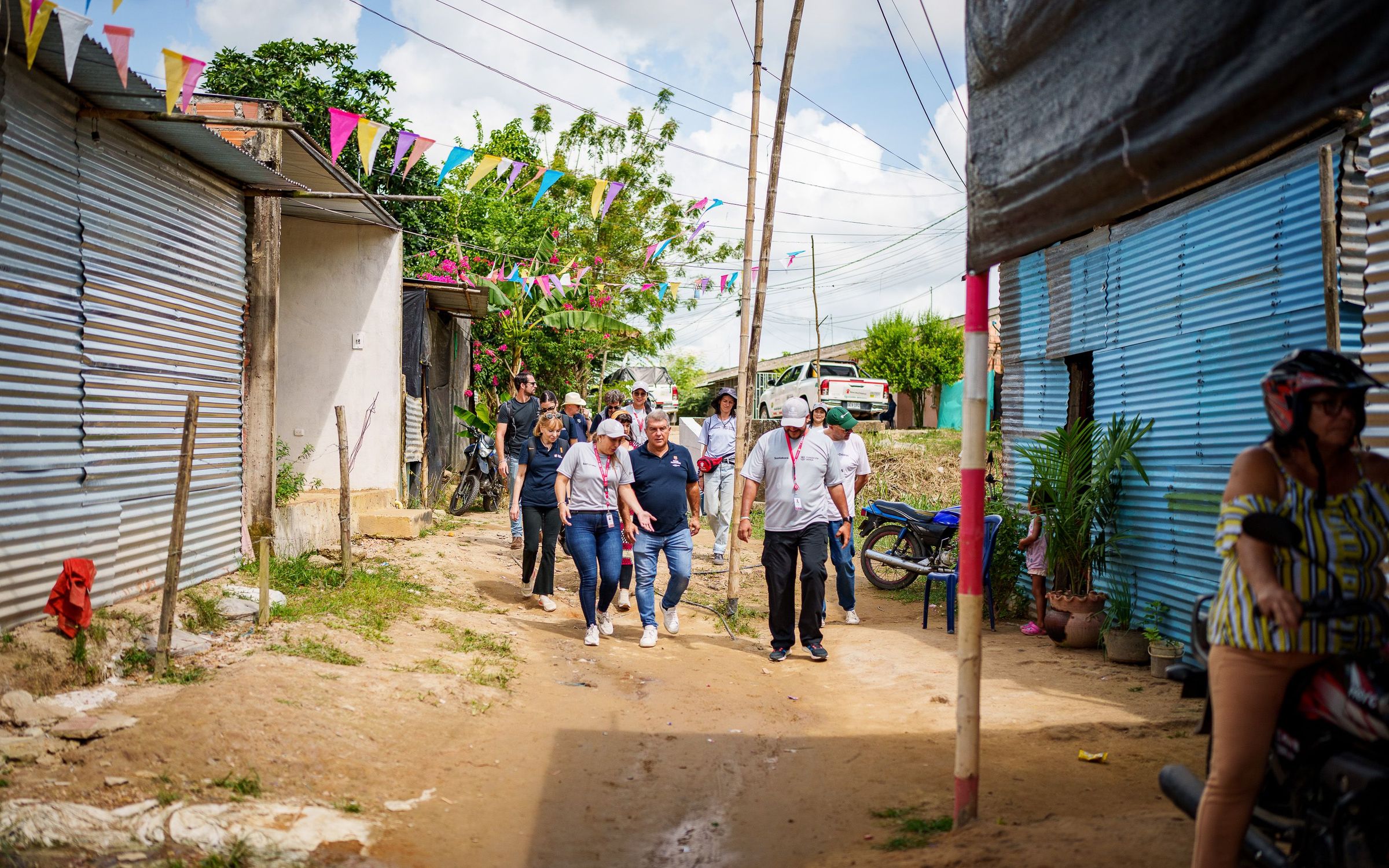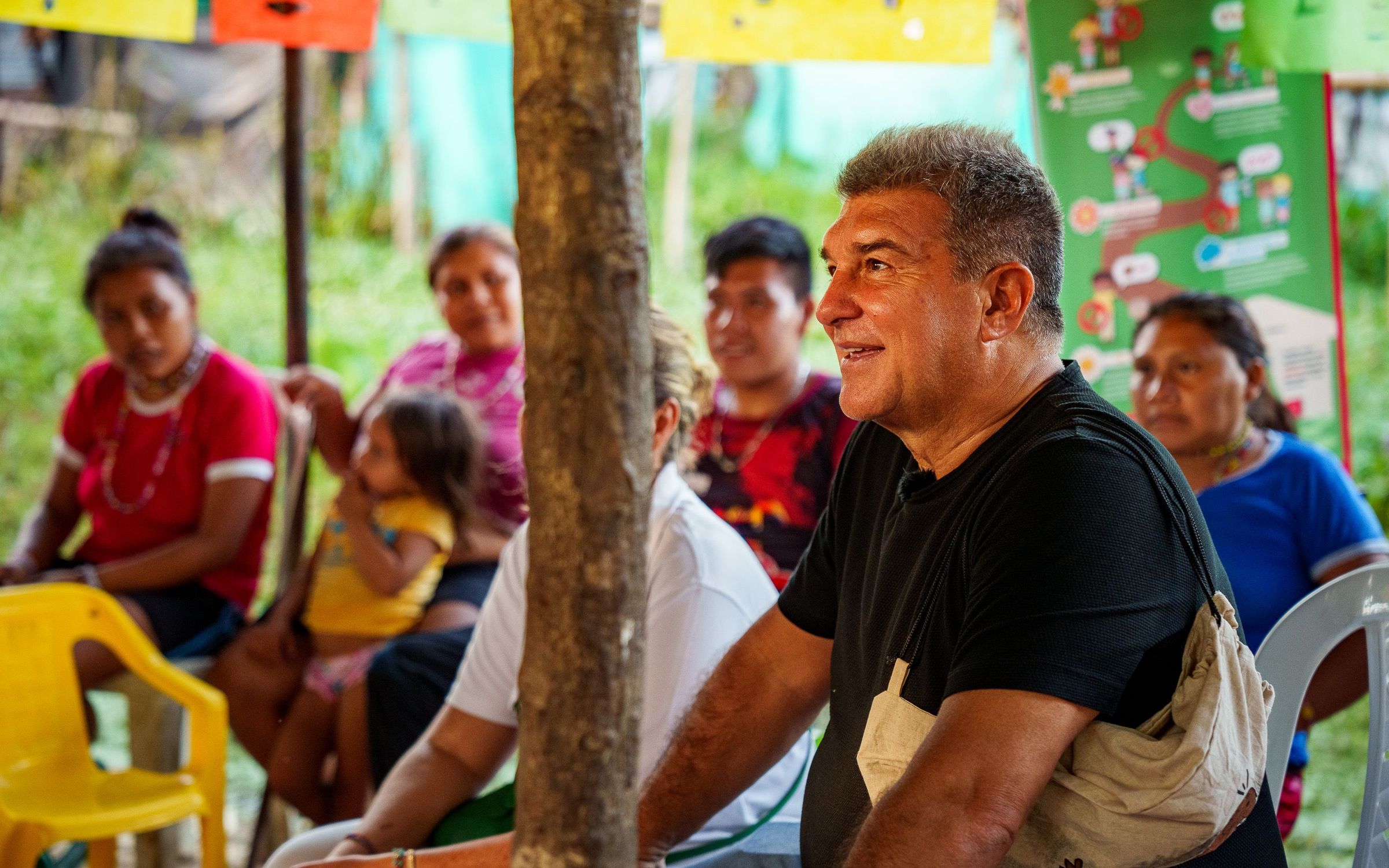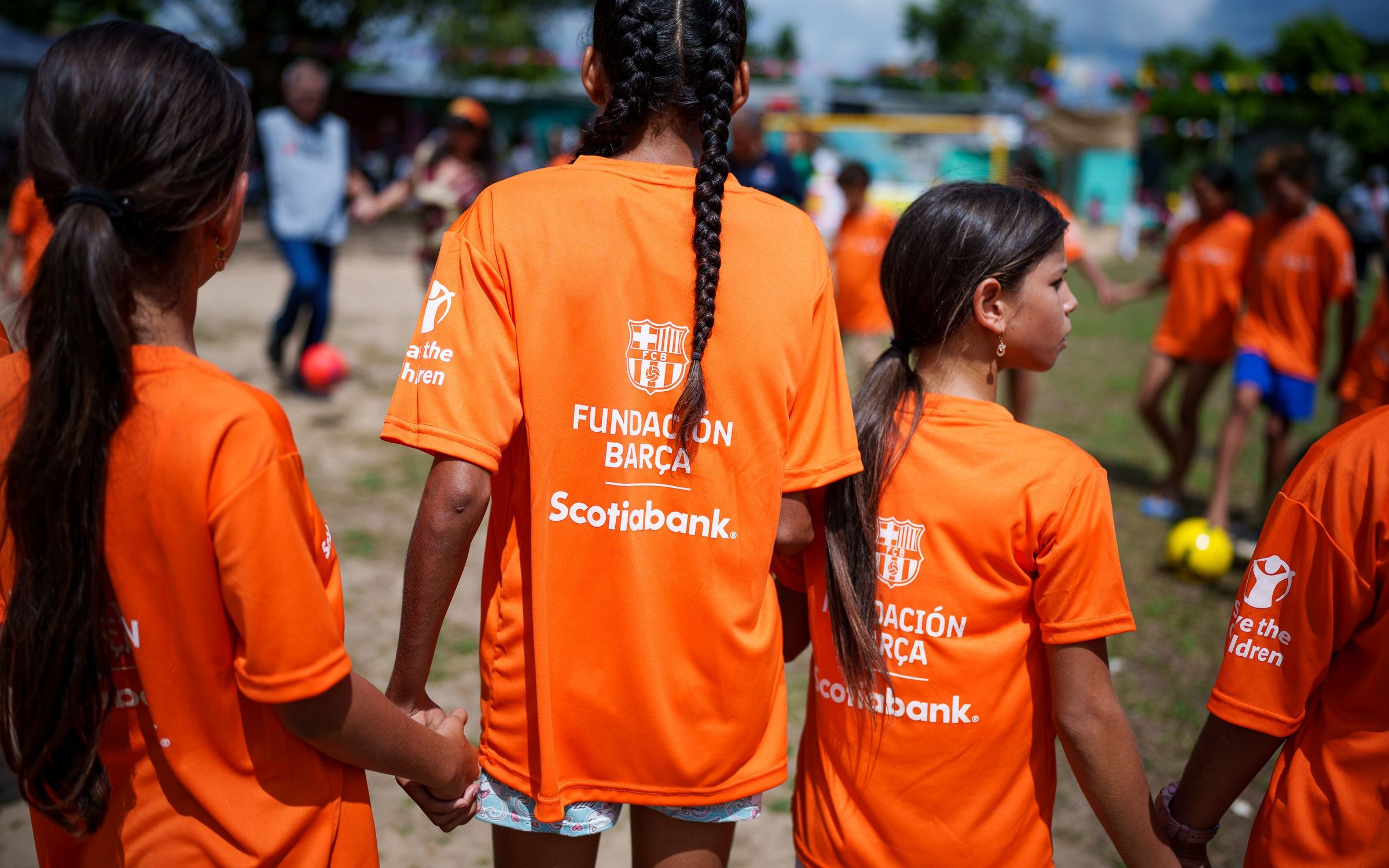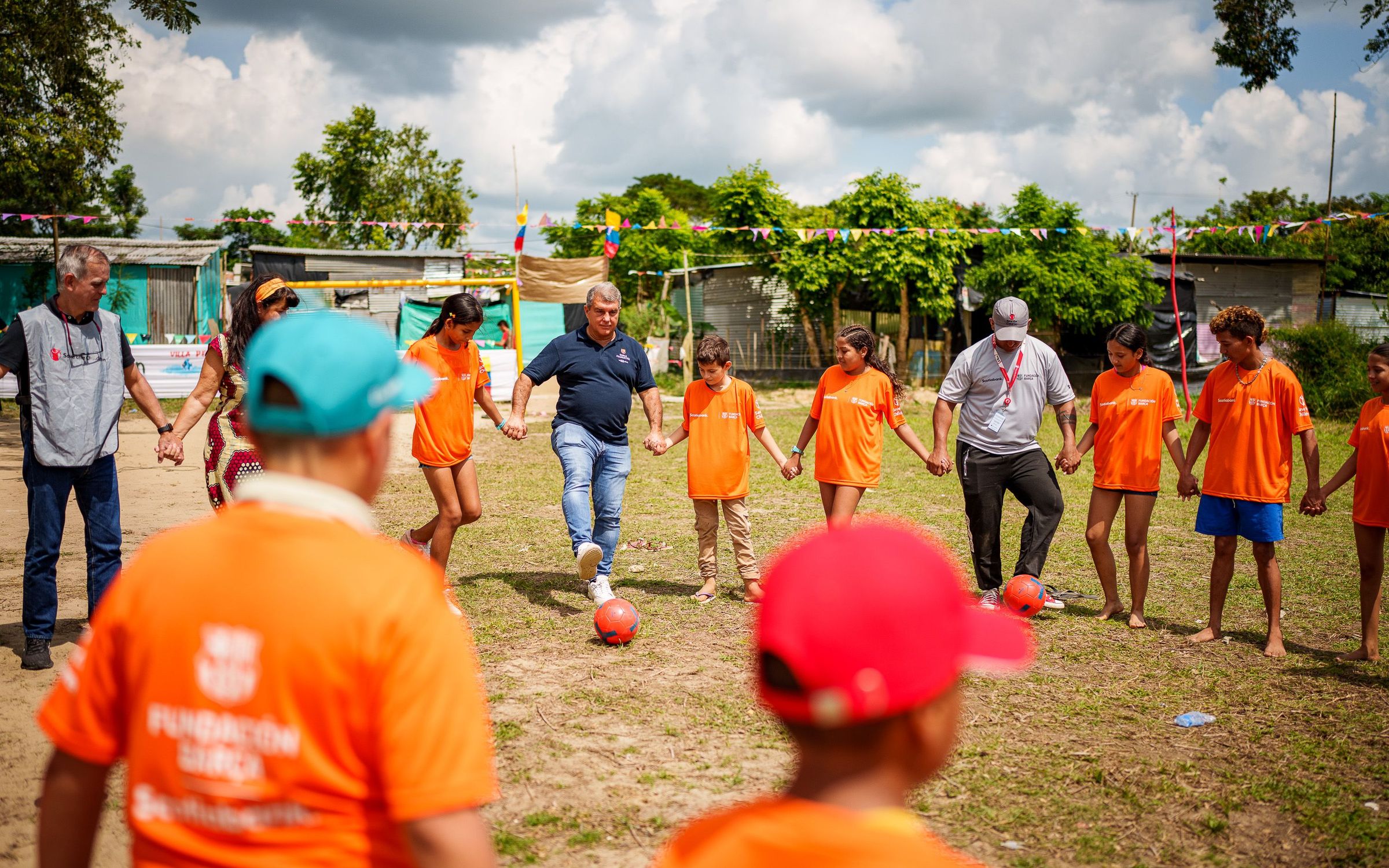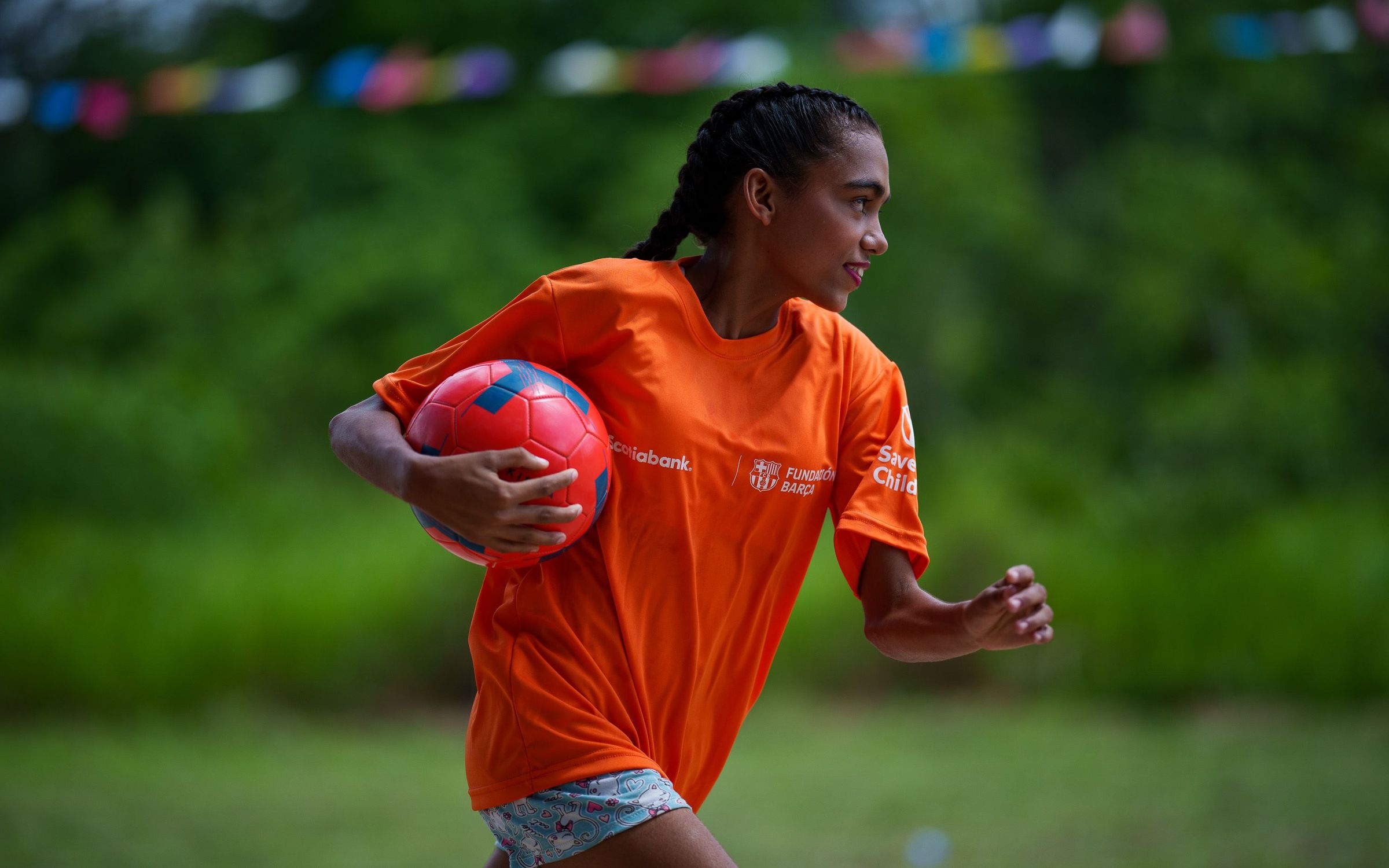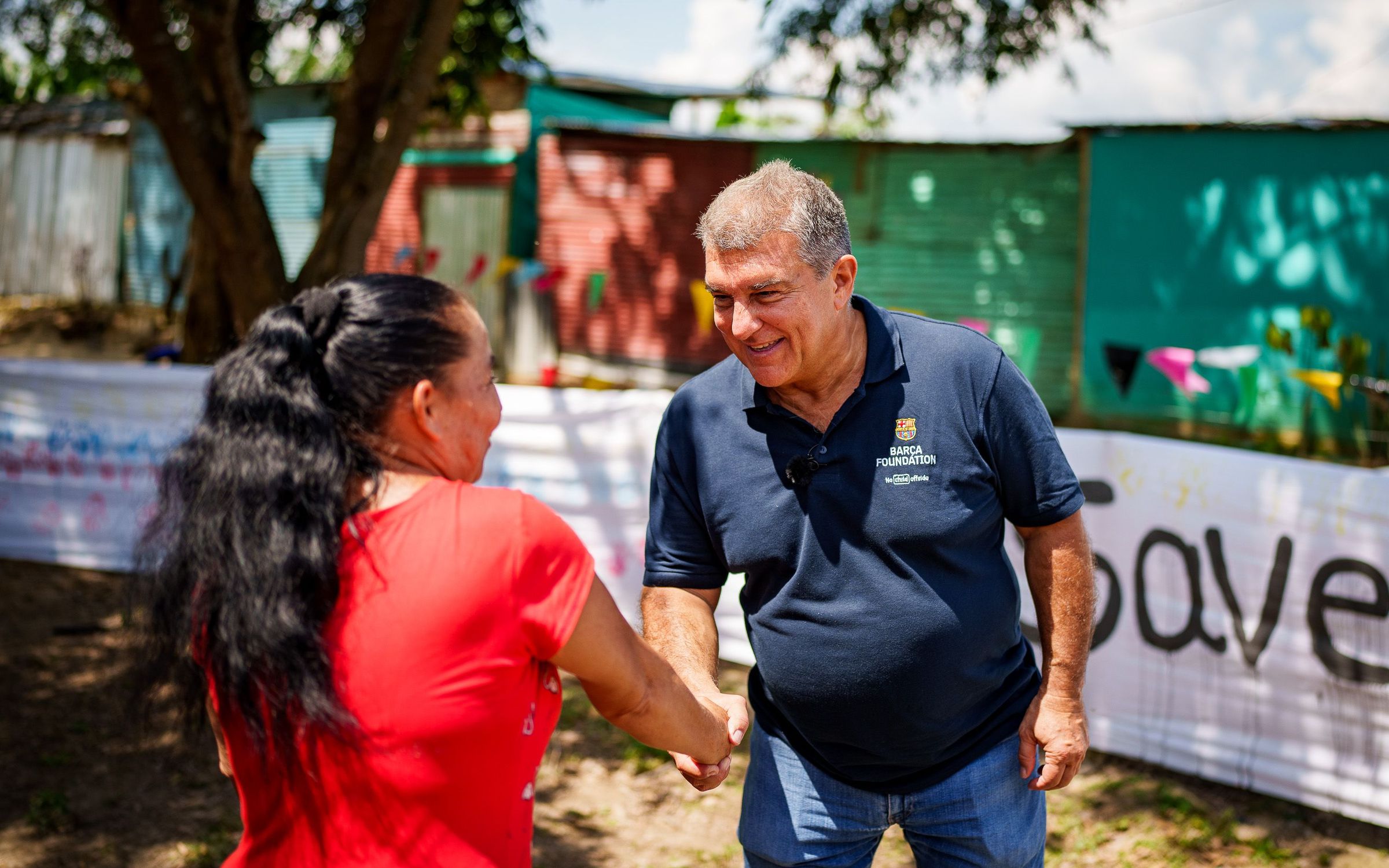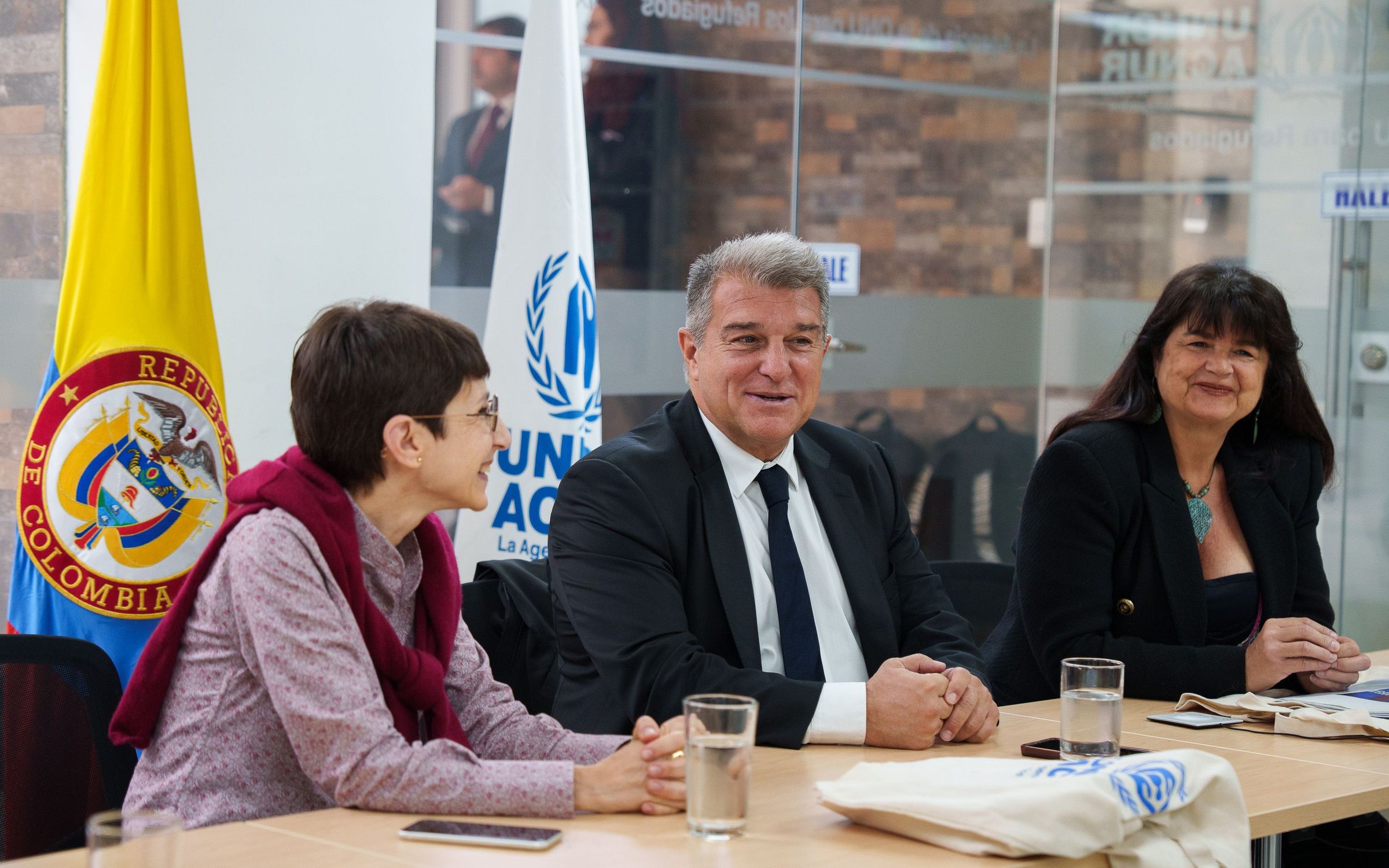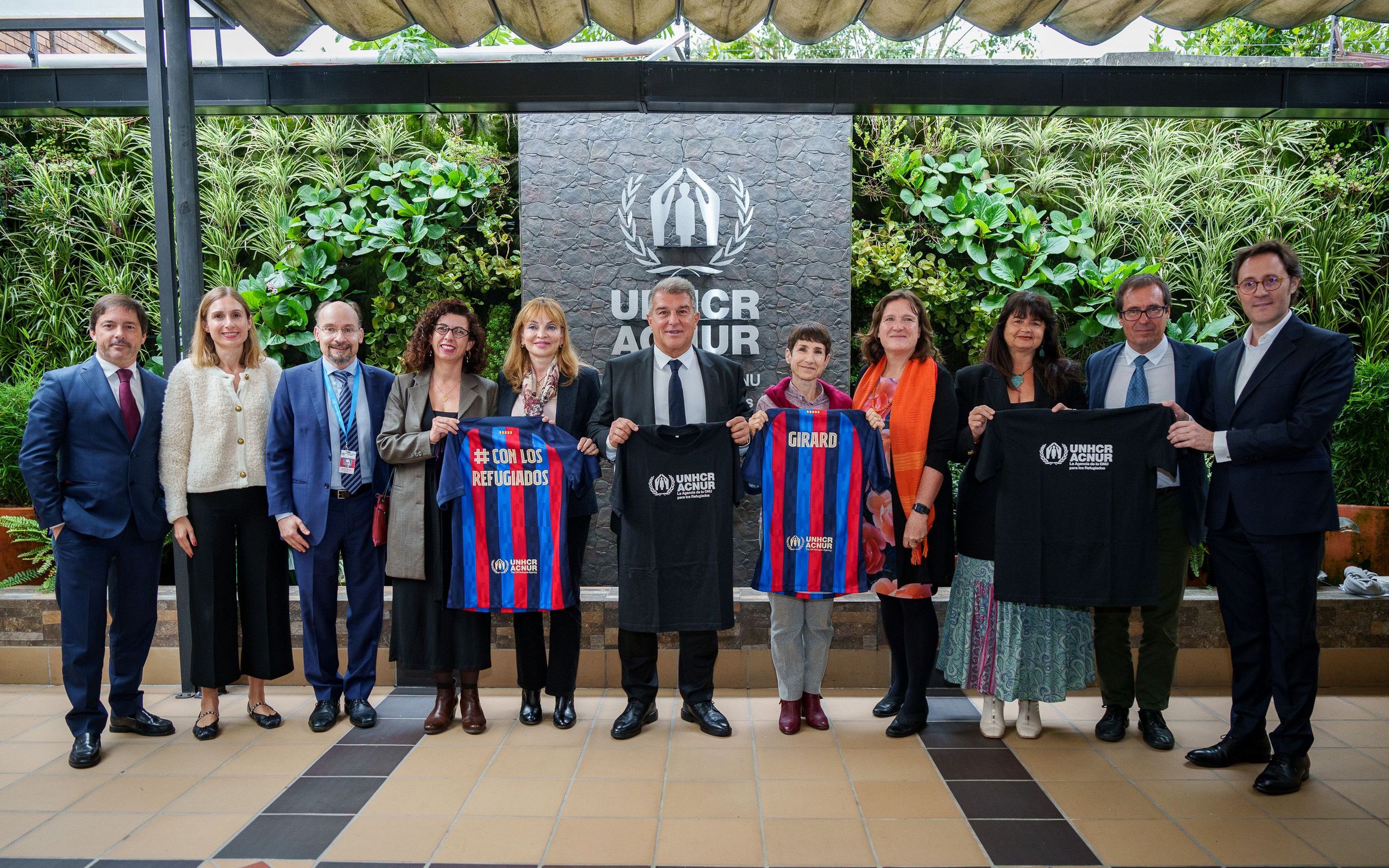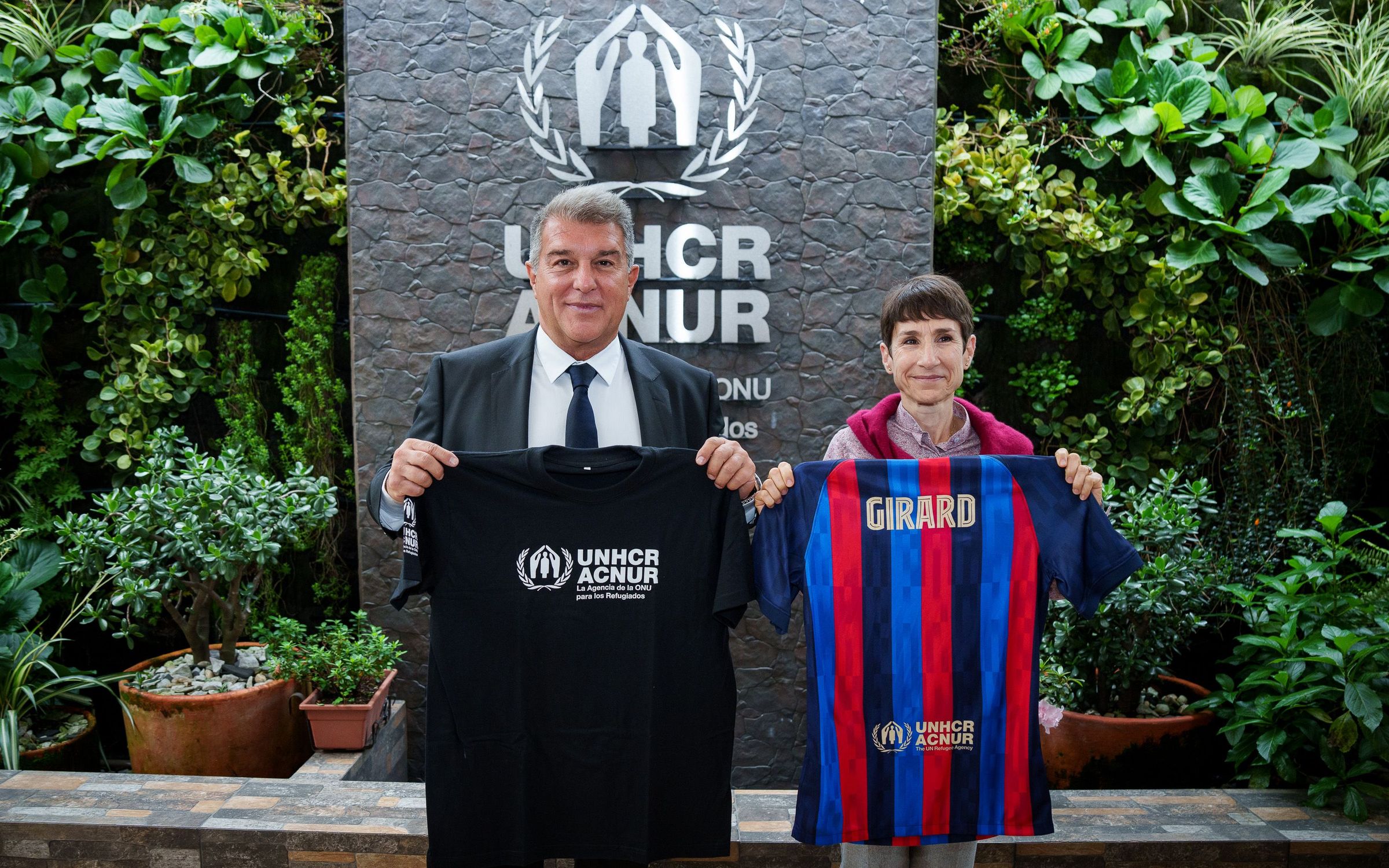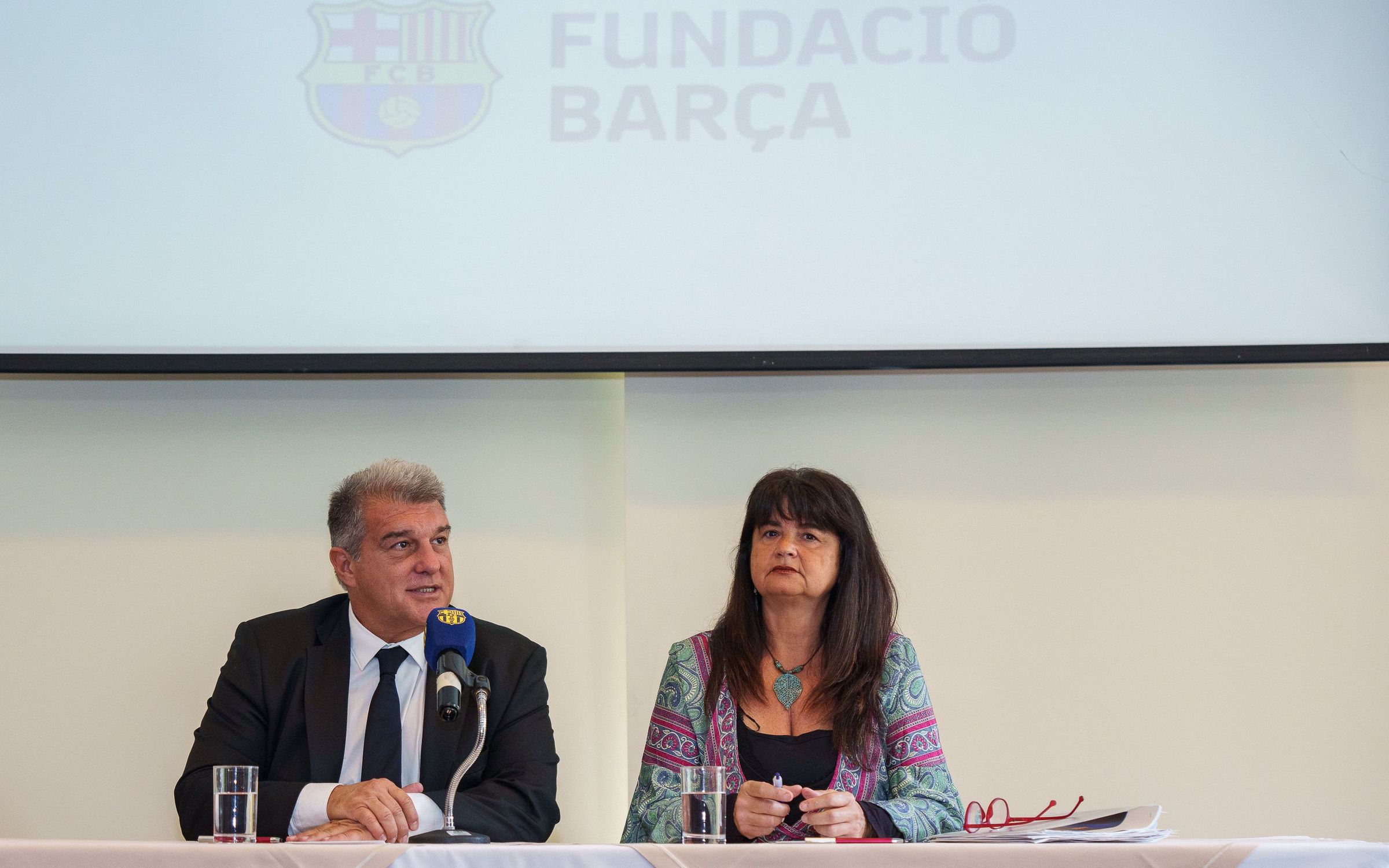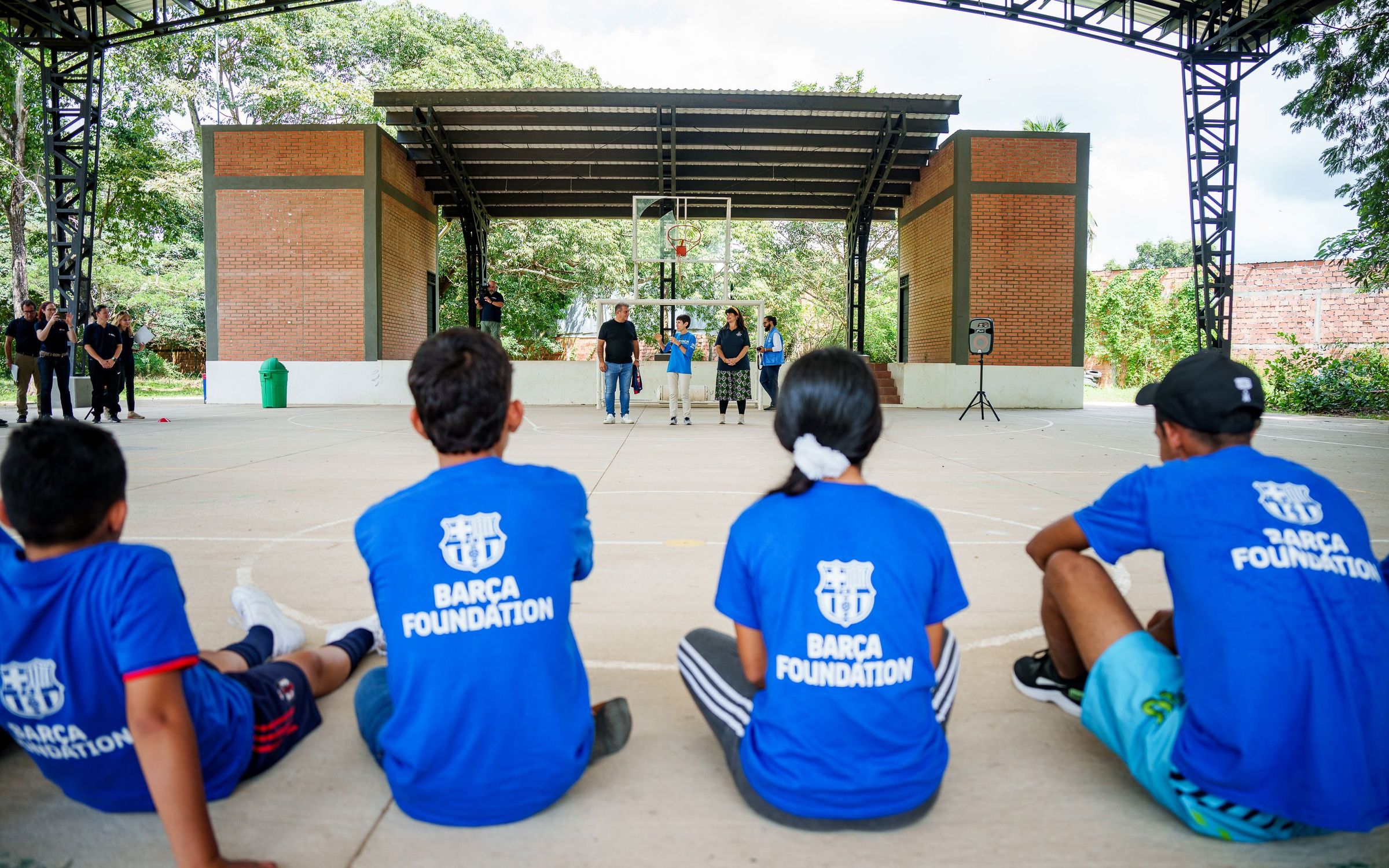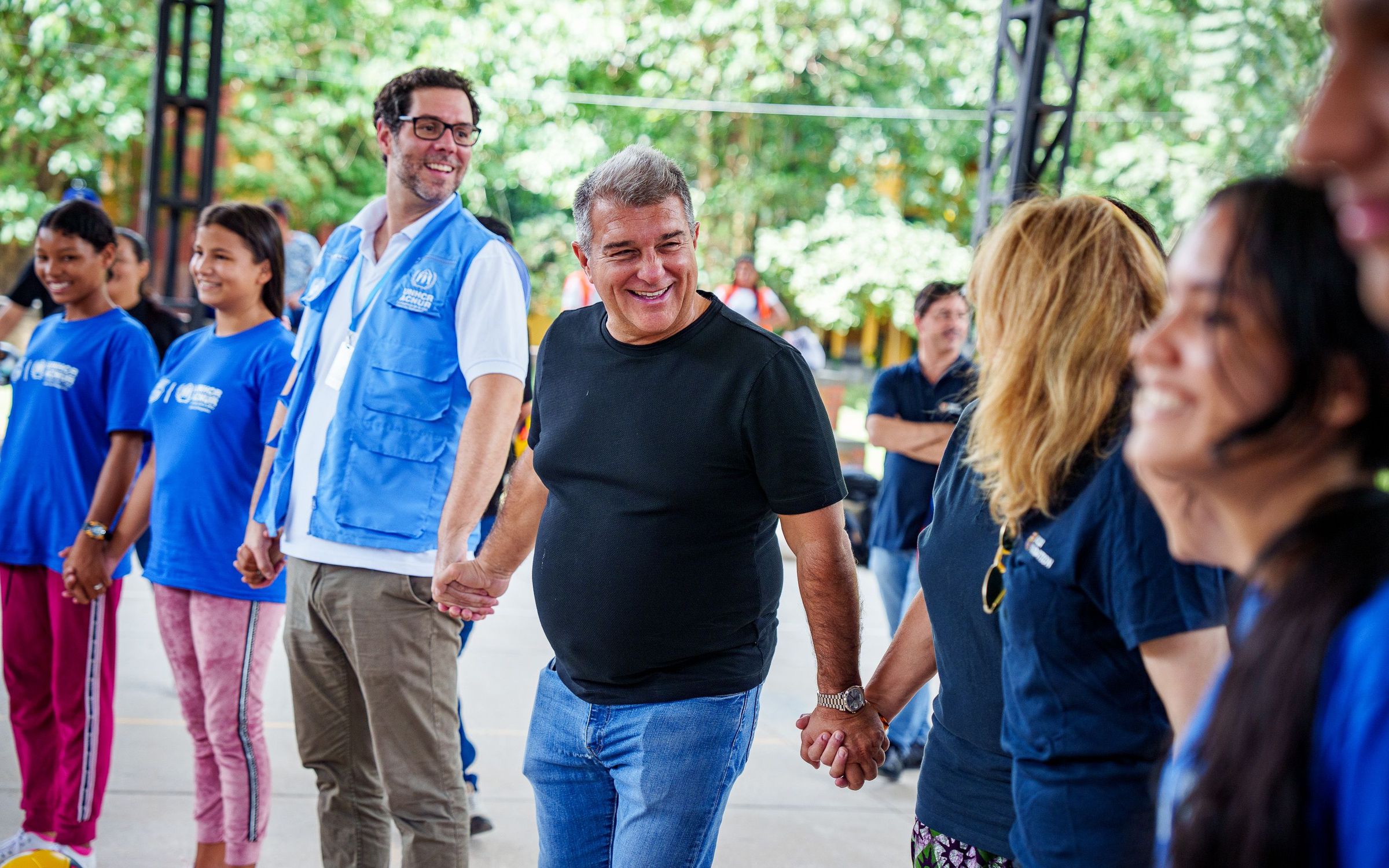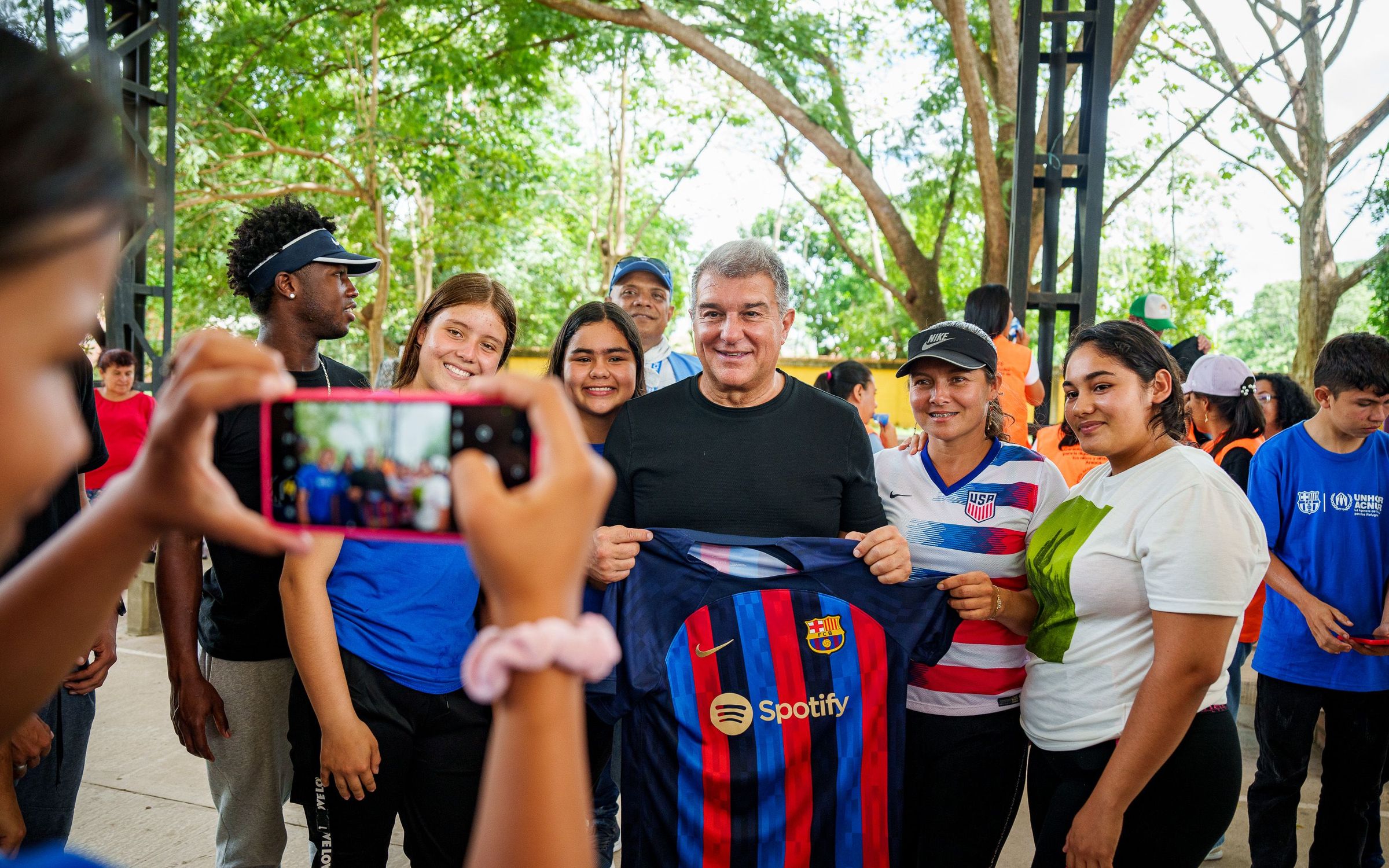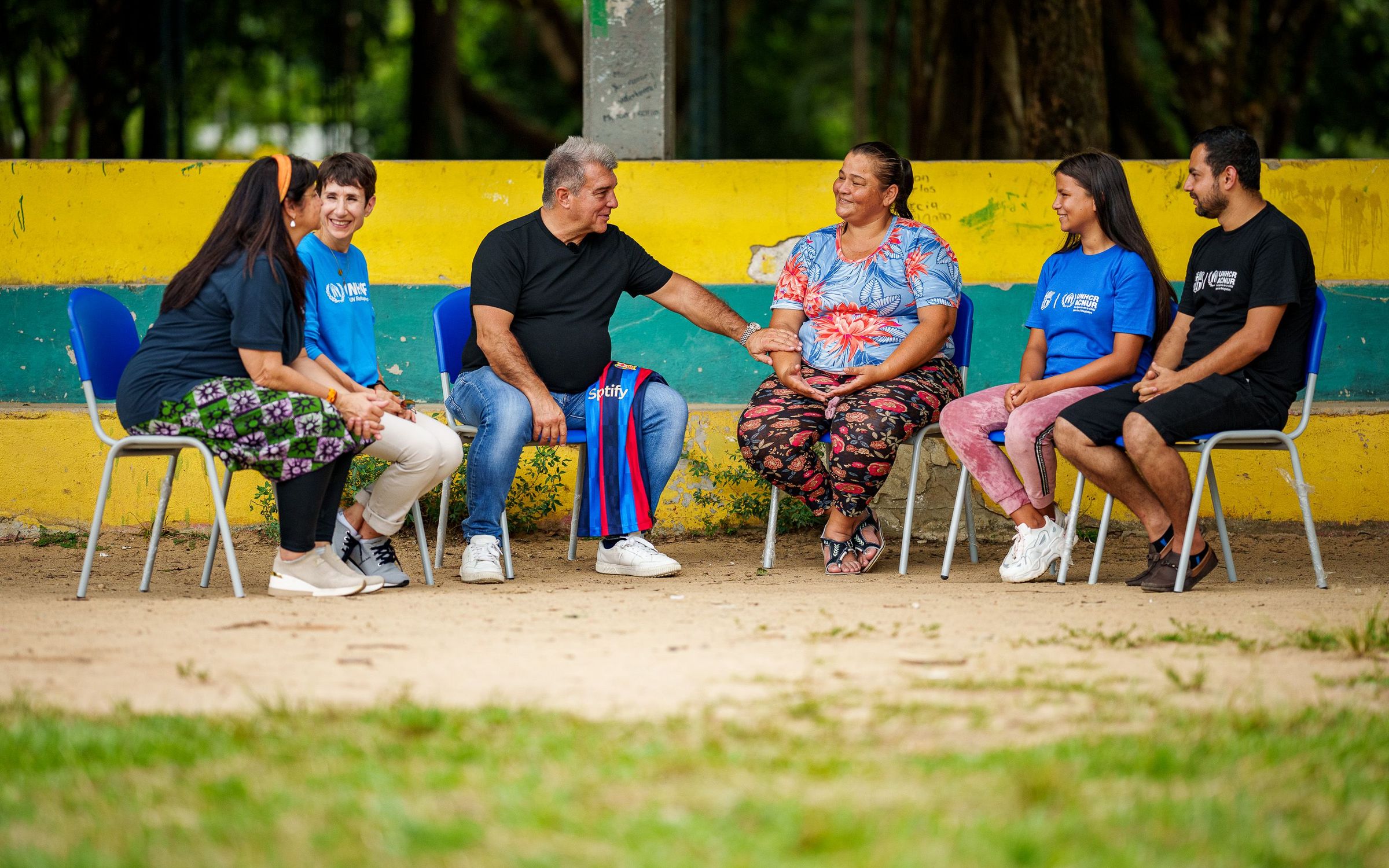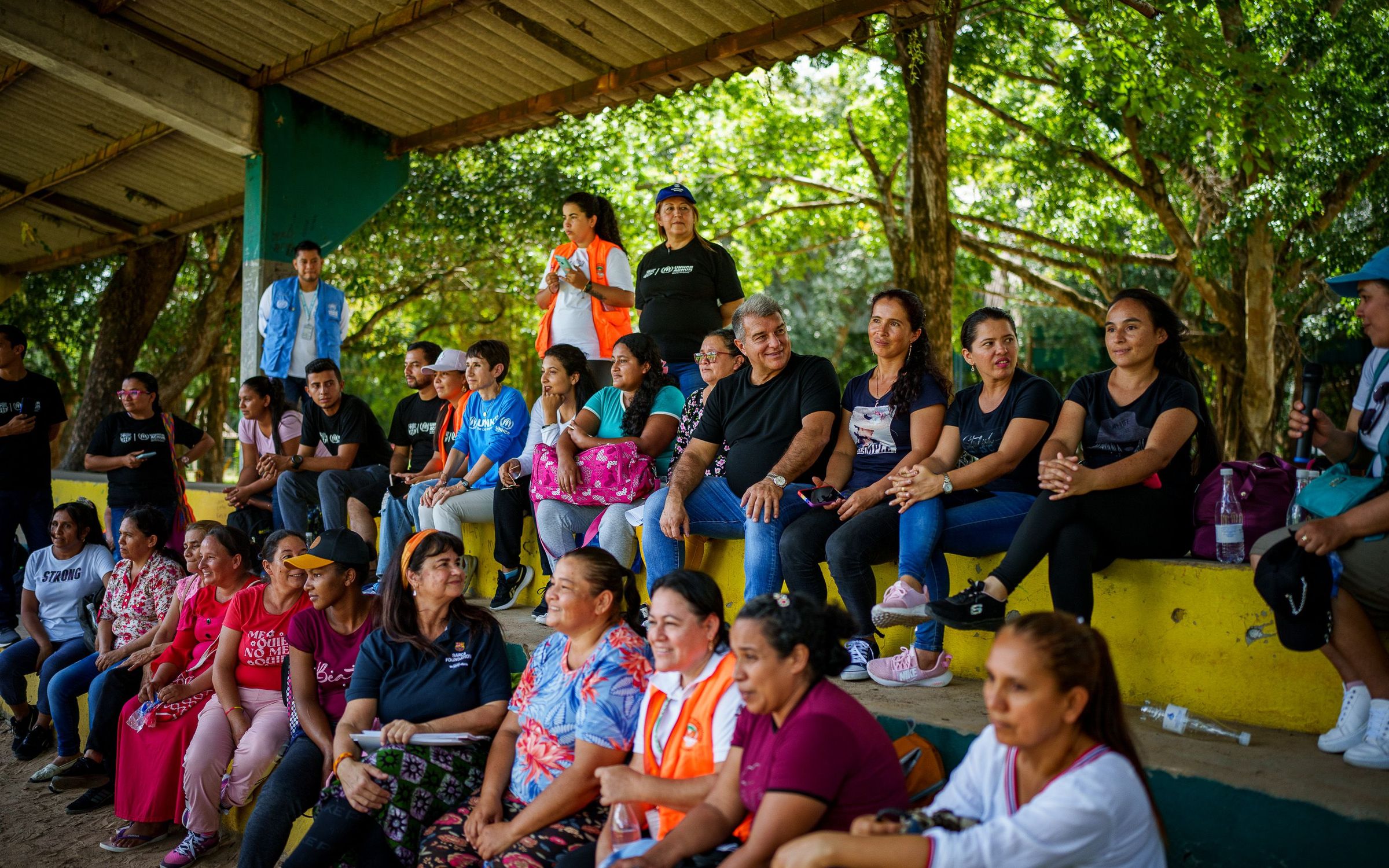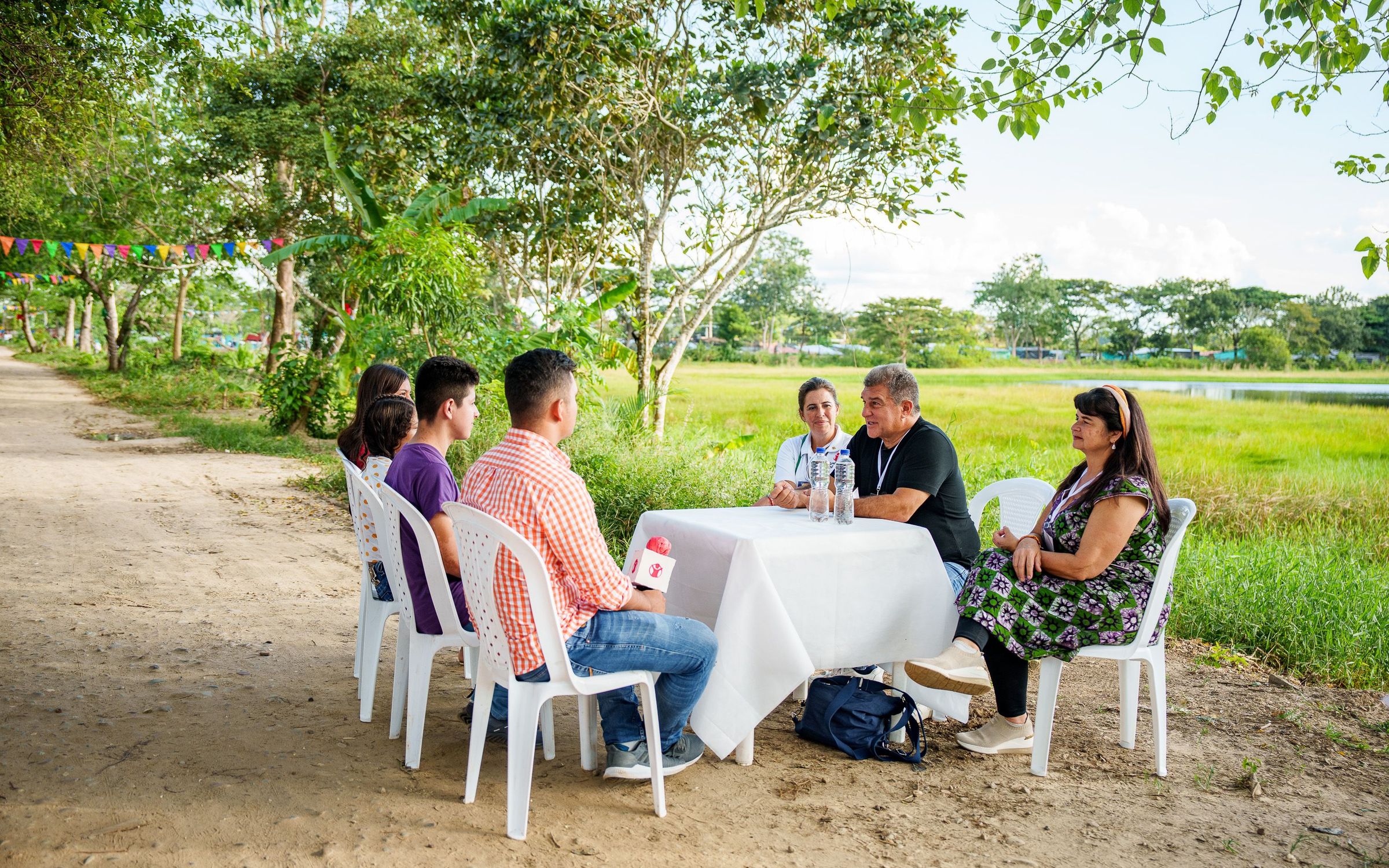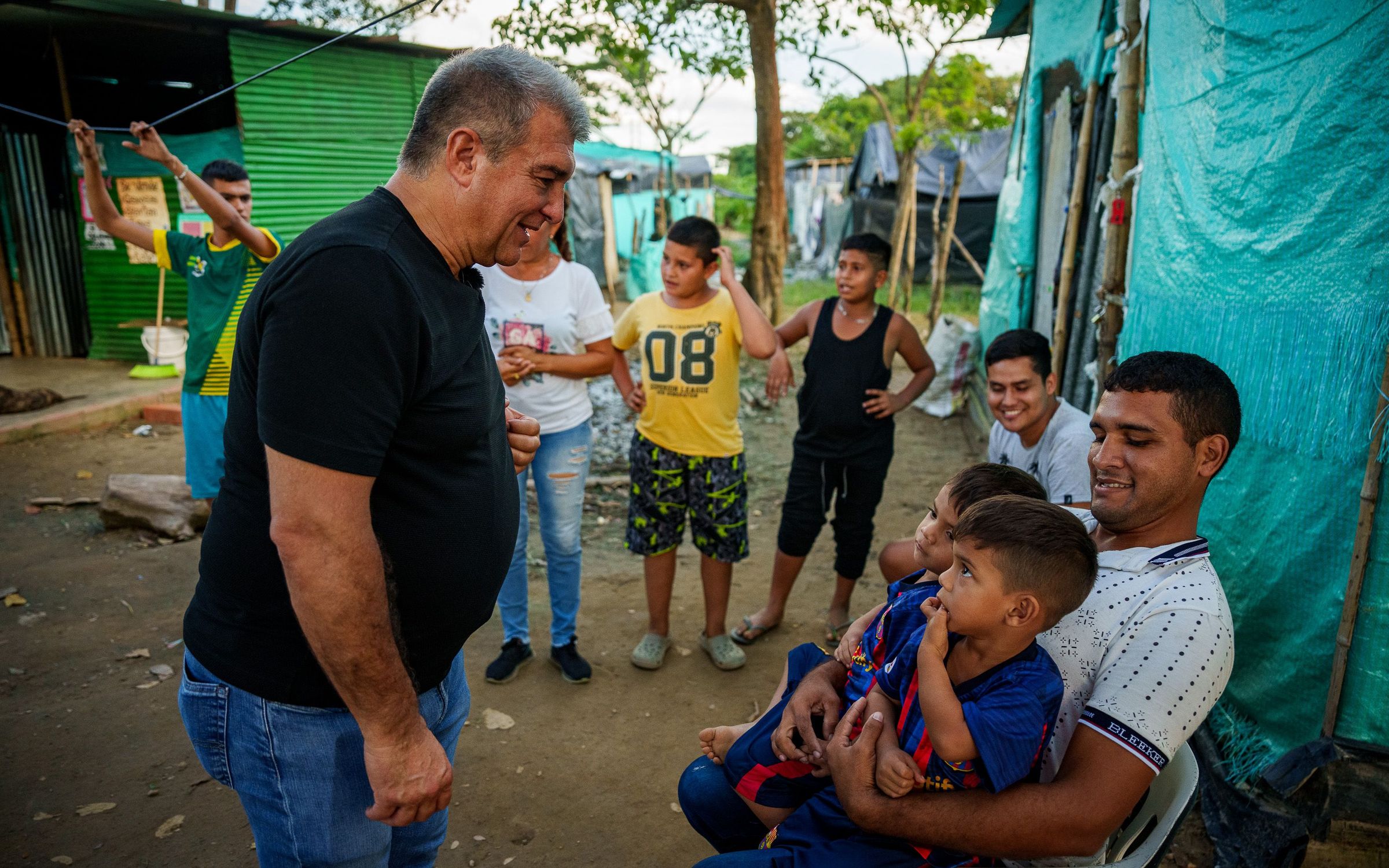Bài 3
Barça and democracy (1978-2003)
After years of struggle and the return of democracy, Barça are finally able to hold free elections based on universal suffrage
Even before the dictator’s death, president Agustí Montal i Costa had publicly asked for the democratisation and decentralisation of the structure of Spanish Football. The commitment to democracy made by president Montal, both inside the Club and within society itself, led him to hand over presdential power on a temporary basis to
Raimon Carrasco once his mandate had come to an end in December 1977. Montal stepped aside so as not to influence the election process, declaring that he would not publicly support any candidate.
The only objective set for the presidency of Raimon Carrasco was, therefore, the organisation of the first set of democratic elections in the Club’s history; elections with direct, universal suffrage, secret ballots, candidates, campaigns and total transparency. The board tried to extend suffrage to all over the age of 18 but it was made official and the electoral register contained only those members over the age of 21 with more than four years to their names as members. In total the voters numbered 53,688 for the elections called for Saturday, 6 May 1978.
Institutional poster from the 1978 Presidential elections by Tísner
Victory for democracy
The electoral campaign was a tense affair and it took place within the context of the process of the ‘Transició’ - the period of the return to democracy – in the country in which everything was analysed along party political lines. A dozen people began the precandidate campaign but only five were able to gain the guarantees necessary:
Joan Casals (1,887 signatures), director of a travel agency;
Nicolau Casaus, a textile executive and an important figure in the world of Barça supporters’ clubs since the 1940s (2,323 signatures);
Josep Lluís Núñez, a real estate developer (3,404 signatures); the businessman and sociologist
Ferran Ariño, a member of the previous board, (3,625 signatures); and the advertising executive
Víctor Sagi, son of the former player Emili Sagi-Barba and nephew of the first female Barça director, Anna Maria Martínez Sagi, who started out as favourite after collecting 3,683 signatures only to drop out of the race shortly afterwards claiming that too many candidates would only fragment and weaken the Club.
The main themes of the campaign were, primarily, the Club’s financial state, turning around the football team’s form, internal reform and the avoidance of political interference. The main debate concerned Barça’s role beyond mere sporting matters. Part of the membership were behind the “more than a Club” sentiment expressed by Montal in a 1977 speech before the Club’s Assembly in which he said
“Questioning what Barcelona represents beyond sport and to have it reliant on winning trophies is to confuse two separate issues and goes against the very essence of an entity that has, through its long history of loyalty, has earned itself the title of Catalan institution.” On the other hand, another sector of Barça fans and members were inclined to avoid any kind of non-sporting role for the Club. Now that institutions had been returned and normality and freedom was in the process of being returned – they believed – it was important to prioritise the Club’s sporting role, help it grow to create a ‘winning Barça’, albeit without renouncing the Club’s Catalan nature.
The candidacy of Josep Lluís Núñez was able to attract support from other candidates, had the backing of several important Barça figures and was also able to come to an agreement with the candidacy of Joan Casals. All of this helped Núñez to a slender victory by a margin of little more than 800 votes. With a turnout of 49% he received 10,352 votes ahead of Ariño on 9,537 and Nicolau Casaus on 6,202.
The building of a triumphant Barça
Josep Lluís Núñez i Clemente came to the FC Barcelona presidency with a markedly different approach to previous mandates, based on sound financial management as a basis for sporting success. Núñez as president spelt the end of the long line of FC Barcelona leaders from the textile industry. Amongst the supporters of the new president, the expression “breaking the chain” became popular to refer to this break with tradition.
Institutional portrait of Josep Lluís Núñez, president FC Barcelona (1978-2000).
One of the first measures taken by the new president were to offer the vice presidency to
Nicolau Casaus to bring him into his management team and as such extend his power base into Catalanist sectors as well sending a letter to members to set out his plans for the future. The beginning of his mandate were marked by some financial housekeeping, as well as the growth of assets (the extension to Camp Nou and the construction of the Miniestadi and Museum as well the opening of La Masia, the residency for young players) and by the growth in members with the 100,000 mark surpassed. On a sporting level, instability was the order of the day despite some good results and the arrival of start such Simonsen, Schuster and Maradona.
Another measure was the statute reform, adapting them to the new Sport Law passed during the transition to democracy. These new statutes declared that FC Barcelona is a non-profit making private association of a cultural and sporting nature. In chapter II, article 6, relating to members’ rights, it sets out their rights to be informed of the Club’s activities and inspect Club documentation (point 4), the right to express themselves freely before the Club’s bodies (point 5), and to be voters and eligible for the representative bodies. Section 3 stated that the election of the president would be via universal suffrage in a free and secret ballot amongst member over the age of 18 and establishing a mandate of four years with the members of the directors’ board being eligible for re-election. Therefore, regulations were set out for the full participation of members in the political life of the organisation and the auditing of the task of management.
Management report: FC Barcelona 1978/79
The president was re-elected automatically in 1981 (the calling of elections were brought forward to avoid coinciding with the 1982 World Cup) and in 1985. Elections were not necessary as no other candidature was put forward.
Nevertheless, there were critical voices with regards to the Josep Lluís Núñez’s management of the Club. A group opposed to the board united around the
GOB (Grup d’opinió barcelonista), who on 31 October 1986 published in the press a “Blaugrana manifesto” where they made public their unhappiness with the current presidency which in their understanding was undermining Barça as a movement. To that was added the “Hespería Affair”. On 28 April 1988 due to disagreement abot contractual and financial obligations between the first team squad and the Club’s management, the first team players and their coach appeared in a press conference at the Hotel Hespería in Barcelona in which they issued a statement demanding the resignation of the president. The personal archive of
Antoni Muntañola i Tey - board secretary at the time – forms part of the Club’s archive and brings together all of the material relating to the matter.
The Club’s management felt obliged to take the reins with regards to sporting matters and they did so by bringing in Johan Cruyff as coach and manager and revamping the first team squad. La Masia began to bear fruit with players such as Amor, Ferrer, Sergi, Milla and Guardiola establishing themselves in the first team squad. Home grown players combined with top quality signings from elsewhere such as Ronald Koeman, who would arrive the following season, and a new Barça style was born, right from the youngest teams to the professionals at the top.
Re-election and success
The next elections for the FC Barcelona presidency were called for 1 April 1989 and this time there was notable opposition to the Board of Directors. From more than half a dozen precandidates, the race boiled down to two: Josep Lluís Núñez and
Sixte Cambra, a businessman linked to the world of tennis with the candidacy of former player Josep Maria Fusté joining that of Cambra which also received support from the GOB.
During the campaign the Núñez candidacy played up their decade of experience managing the Club. “Us, Realities” was their slogan. A report on the 10 years of Josep Llúis Núñez’s presidency played up their achievements: 30,000 new members, 76 trophies, a surplus of 2,600 million pesetas and assets which had risen from 13 to 2,571 million in just 10 years, as well as the extension of Camp Nou, the building of the Miniestadi and the opening of the Museum. Added to that was the promise of independence from external political, economic and media pressure. Sixte Cambra, for his part, promised a ‘change of style’ and centred on three main topics: promoting the role of women through sport, the sporting sections and the Olympic Games; with regards to financial matters he was committed to transparency and a social plan to make the most of the Club’s role in supporting Catalonia, limiting mandates and promoting direct participation from the members in managing the Club via referenda. The voting was held at the Miniestadi and Núñez received 25,441 votes to Cambra’s 17,609.
The presidency of Josep Lluís Núñez entered into its most successful period. The founding pillars of the ‘Dream Team’ were formed and with Cruyff in charge of the team, the league titles kept coming and the long dreamt of first European Cup title was also claimed. The organisation went global and financial success followed sporting success. The Foundation took its first steps and planning for a new training ground and a stadium refurbishment was started.
With regards to the bodies governing the Club, the new statutes from 1992 saw the reapperance of the Senate, a collegiate body with a consultative role made up of the 1,000 longest serving members, reformed in 1989 after creation in the 1960s. The figure of the members’ ombudsman was also created: a one-man body independent of the board of directors with the role of assisting, advising and defending members in any matter relating to the Club. At the same time, the duration of a board of directors’ mandate was extended to five seasons, running from 1 July to 30 June.
Núñez was re-elected on 7 January 1993 without the need for elections as no other candidate stood. Four years later it was a different matter.
The end of an era
The elections in 1997 arrived in the midst of tense atmosphere at the heart of the Club. The comprehensive defeat in the 1994 Champions League final in Athens brought to end one of the most golden of generations of players at the Club. A rebuilt squad also saw the departure of coach Johan Cruyff and the polarisation of the fans and members.
Aside from the standing president, there were three other precandidates:
Àngel Fernández, a real estate executive;
Jaume Llauradó, president of the Samitier Forum and the lawyer
Josep Oriola. All three, however, united to form one candidacy led by Fernández. Limiting mandates and bringing the members closer to the managing of the Club were the main policies of the opposition. Election day was set for 27 July, once again at the Miniestadi. Josep Lluís Núnez came out on top by 24,025 votes to the 5,209 received by Fernández some 19 years on from his first election victory.
Despite the handsome margin of victory in the elections, the opposition, organised around the
Elefant Blau platform, put forward the idea of a censure vote against the board of directors. Led by Joan Laporta and Sebastià Roca, they were supported by important Barça figures such as Agustí Benedito, Armand Carabén, Albert Perrín and Alfons Godall. They protested about the lack of transparency surrounding the board of directors, the increase in the Club’s debt, alleged attempts at privatisation which endangered the Club’s ownership model whilst at the same time proposing a return to the Club’s original identity both on and off the field associated with the phrase “more than a club”. The initiative went ahead and on 7 March 1998 a vote was held with 24,863 votes (61.5%) against the censure and 14,358 (35.5%) in favour. The vote of censure had failed but Elefant Blau had established itself as an alternative to the current board.
Josep Lluís Núñez tried to energise his sixth mandate as Barça president. Coach Louis Van Gaal was brought in to improve on the field matters and new business and asset management approaches were looked at. Furthermore, the Club celebrated a successful Centenary season in 1998/99 yet the years had worn down Josep Lluís Núñez and he stepped down as FC Barcelona president at the end of the 1999/2000 season after 22 years in the job.
The presidency of Joan Gaspart
The elections for president that were to take place on 23 July 2000 were special for one reason; Barça would have a new president for the first time in two decades.
There were many wary of a continuity candidate. Many different groups and platforms existed at the time, and had done for a while, amongst which were the already mentioned Elefant Blau led by Joan Laporta, the Associació pel futur blaugrana and Joan Castella, Carlos Tusquets and Josep Martínez-Rovira’s la Plataforma Força Blaugrana and Jaume Llauradó’s Fòrum Samitier. Other well-known Barça figures such as Àngel Fernández and Josep M. Minguella were also talked about as possible candidates. Amongst the board of directors, everything pointed to the hotelier Joan Gaspart, vice president under Núñez during his 22 years as president, would the likely candidate.
The proliferation of precandidates forced the opposition to join forces in search of one candidate they could all get behind, whilst
Joan Gaspart tried to incorporate opposition elements into his candidacy to offer up a pluralist programme to begin a new stage in the Club’s history. On the one hand, the opposition rallied around the candidacy of Lluís Bassat, a well know figure from advertising, and on the other Joan Gaspart was able to gain the support of Joan Castells, Àngel Fernández, Jaume Llauradó and Gabrie Masfurroll.
Bassat launched his campaign with a direct slogan: “Let’s make the best Club in the world.” His approach was a rational, analytical one, based on planning, efficient management, internal reform and with a strong sporting management structure in the hands of specialists. Gaspart chose a direct message, appealing to Barça fans’ emotions and calling for “Passion for Barça.” The campaign provoked huge interest as opinion polls had the two candidates neck and neck and also because of the news that star player Luis Figo might be leaving for Real Madrid. Proof of this great expectation was the viewing figures for a televised debate between the two candidates broadcast on 17 July 2000 on Catalan TV station TV3; an audience of more than 1 million saw the programme, a share of more than 20%.
Joan Gaspart i Solves took victory by 25,181 votes to Lluís Bassat’s 19,791 and became the new Barça president. However, the new president’s mandate was marked by sporting and institutional instability with the high points being the success of the sporting sections and the placing of the first brick at the future training ground, the Ciutat Esportiva Joan Gamper. In the end, facing the possibility of another censure vote, Joan Gaspart resigned as president on 12 February 2003, with
Enric Reyna i Martínez taking over on a temporary basis in order to organise elections for a new president.
President Joan Gaspart lays the first brick at the Ciutat Esportiva Joan Gamper on 11 December 2000
After years of struggle and the return of democracy, Barça are finally able to hold free elections based on universal suffrage

www.fcbarcelona.com

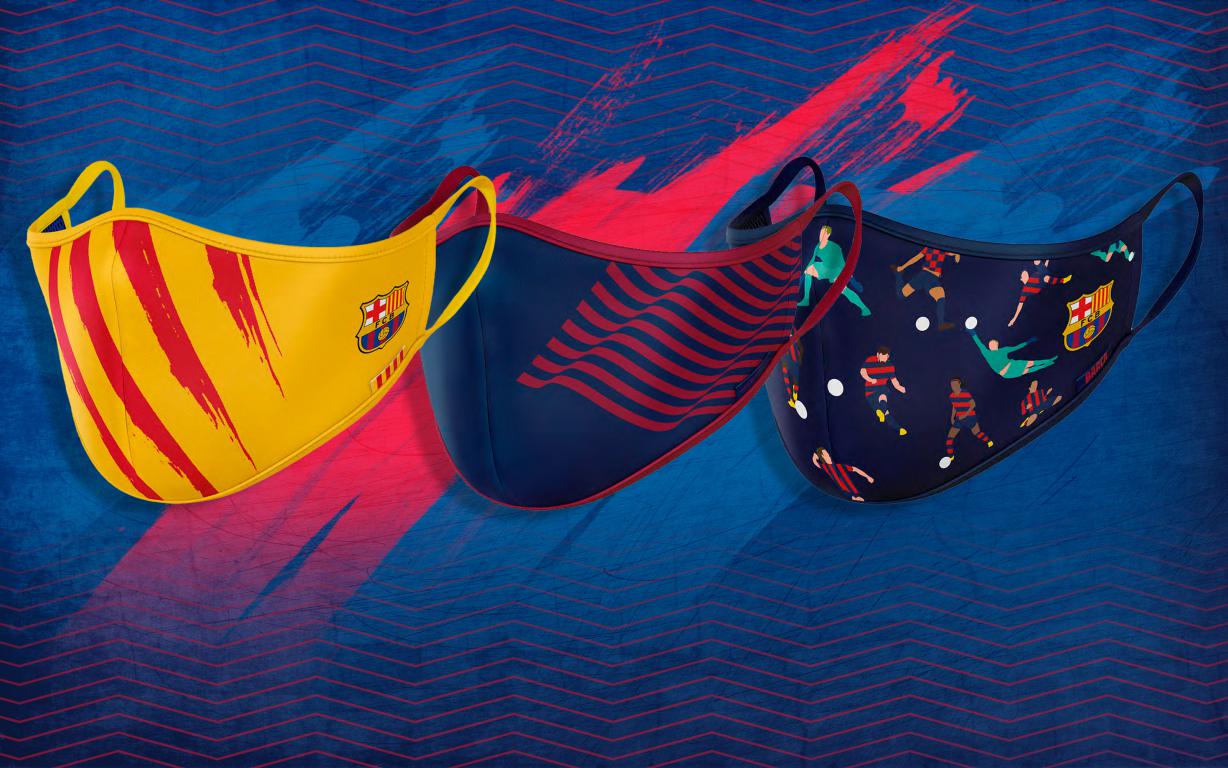
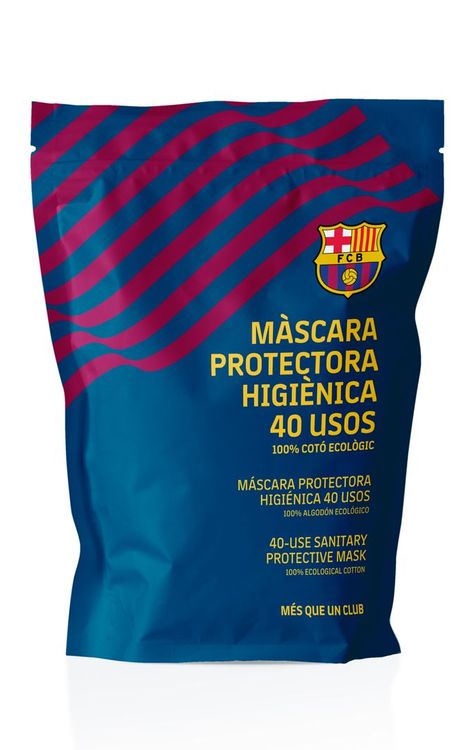
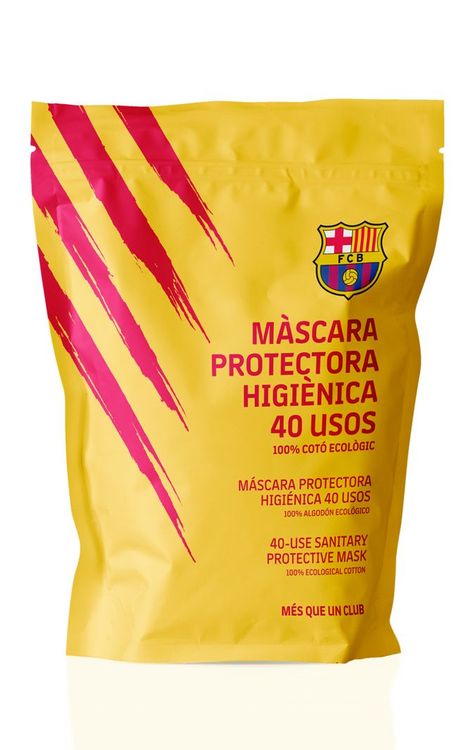
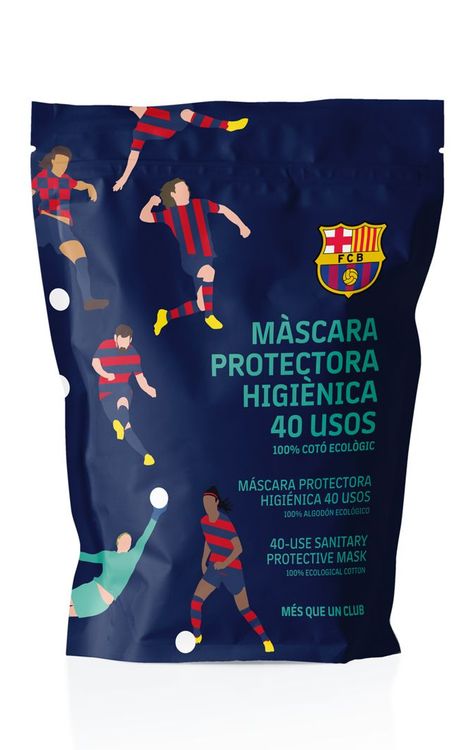
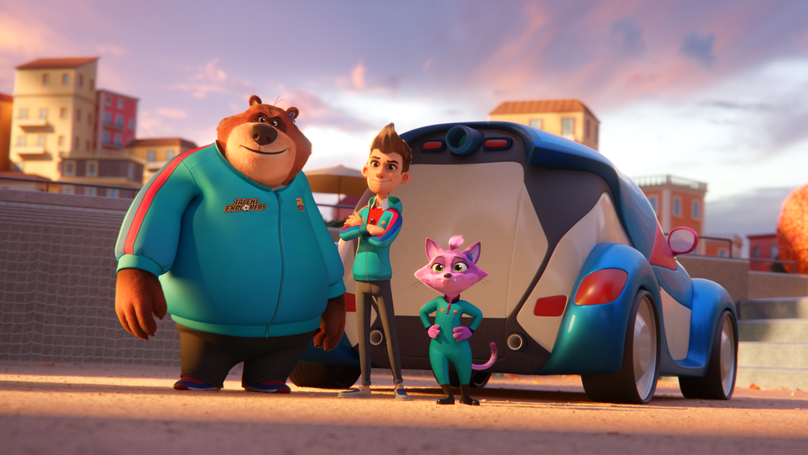

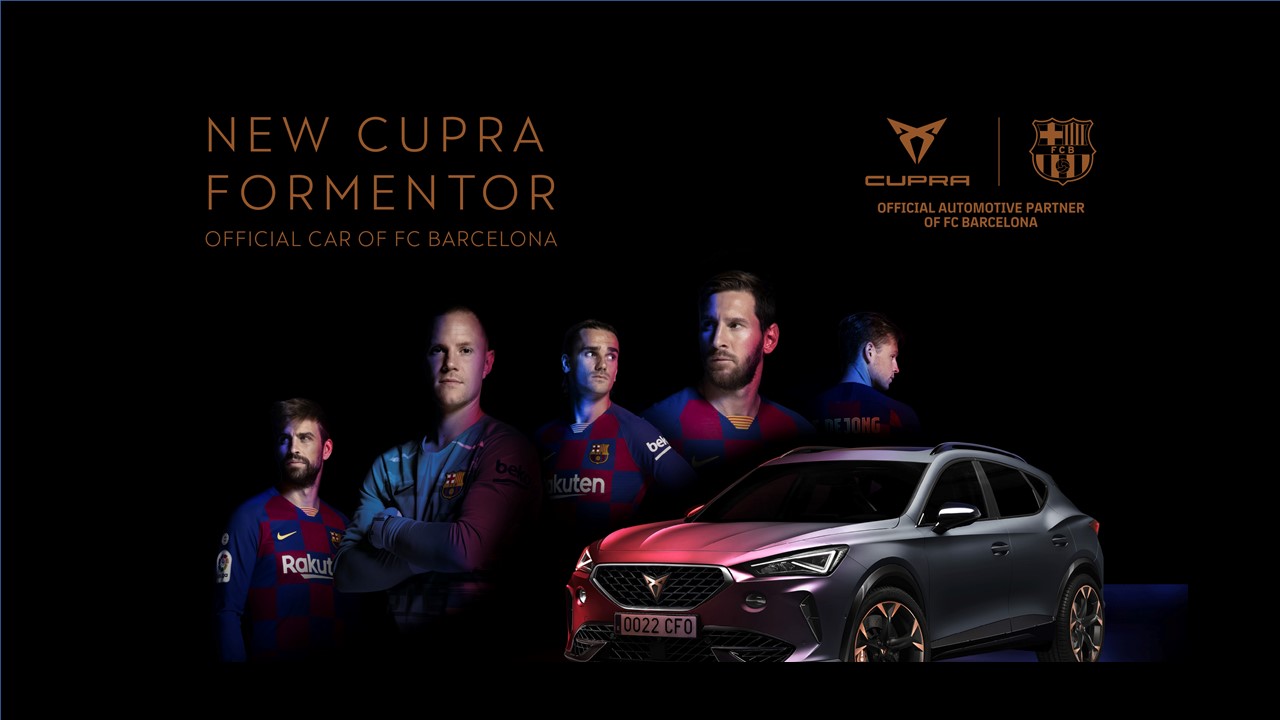






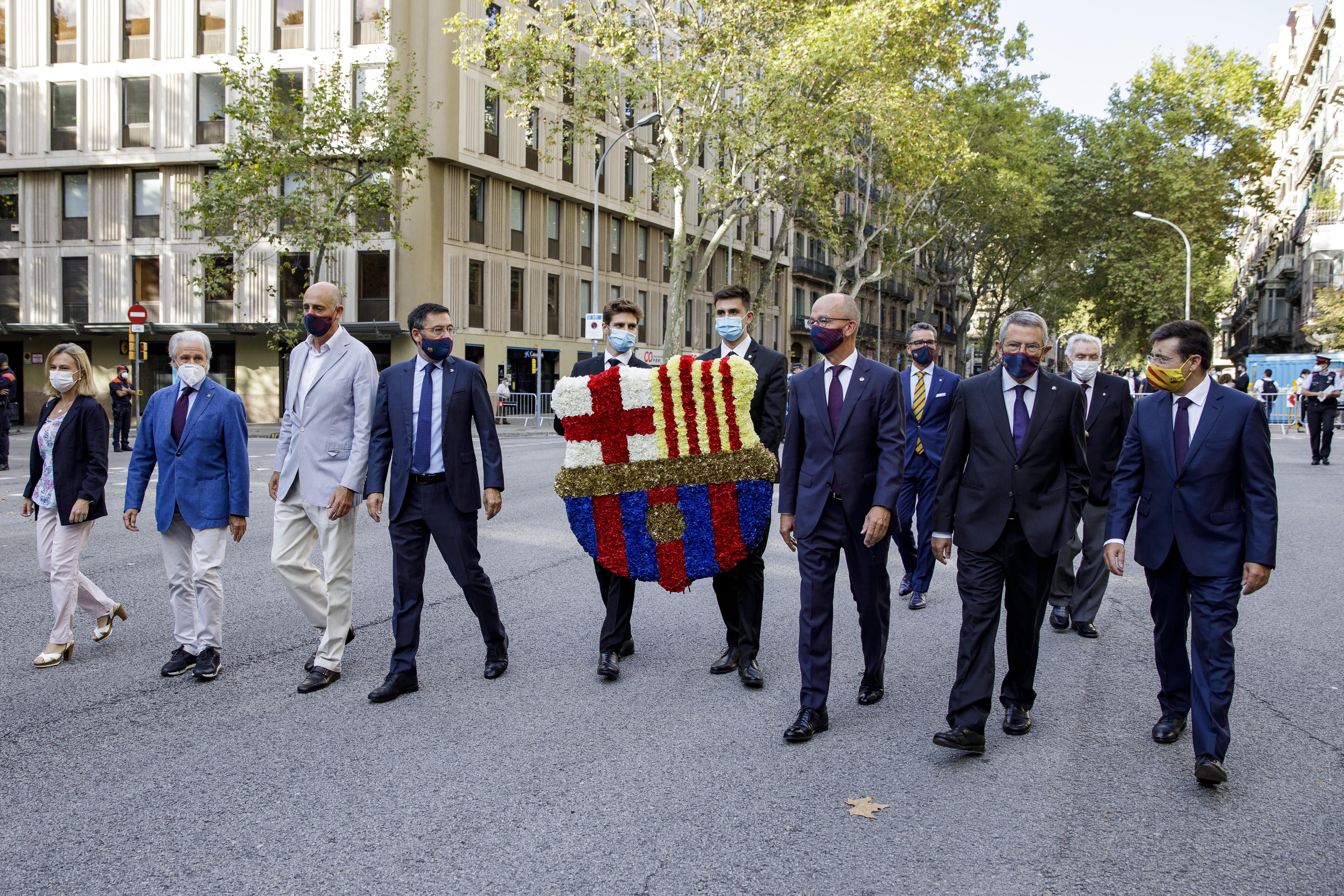
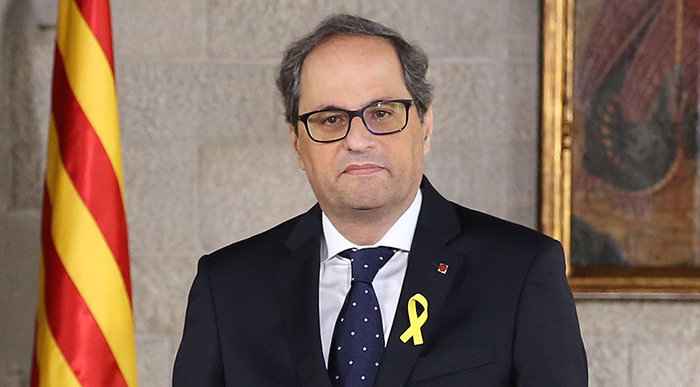
/cloudfront-eu-central-1.images.arcpublishing.com/prisa/BTBGMSB42FBNPHK25AW7VFZQDA.jpeg)
